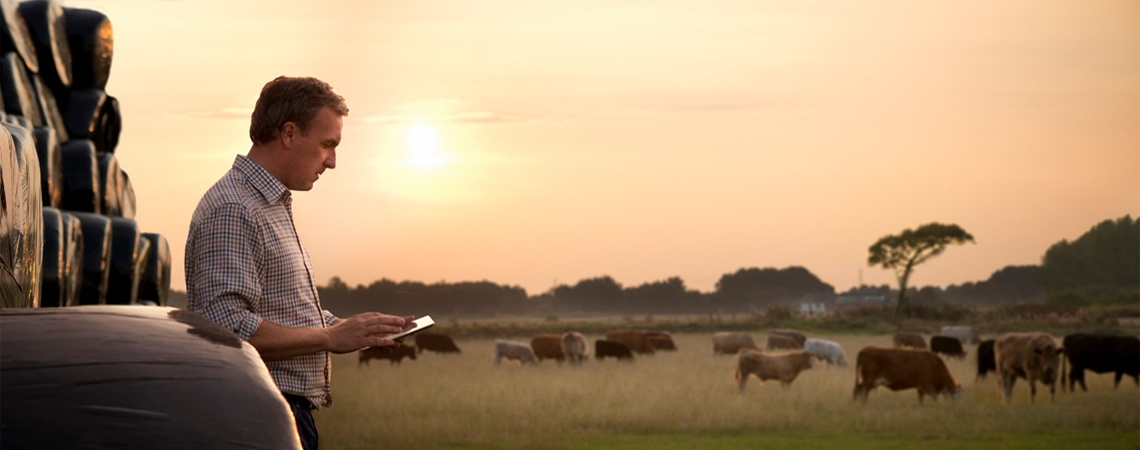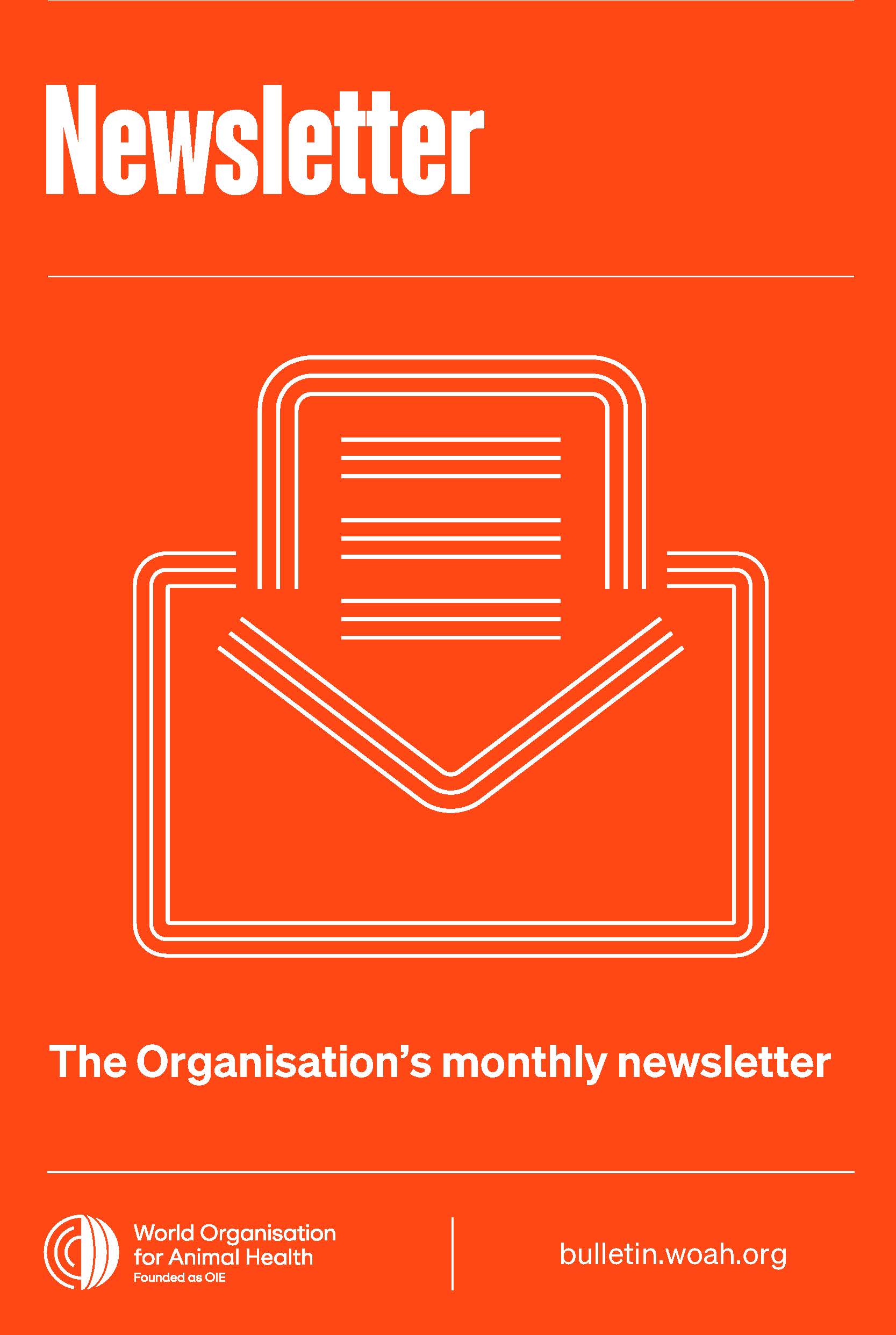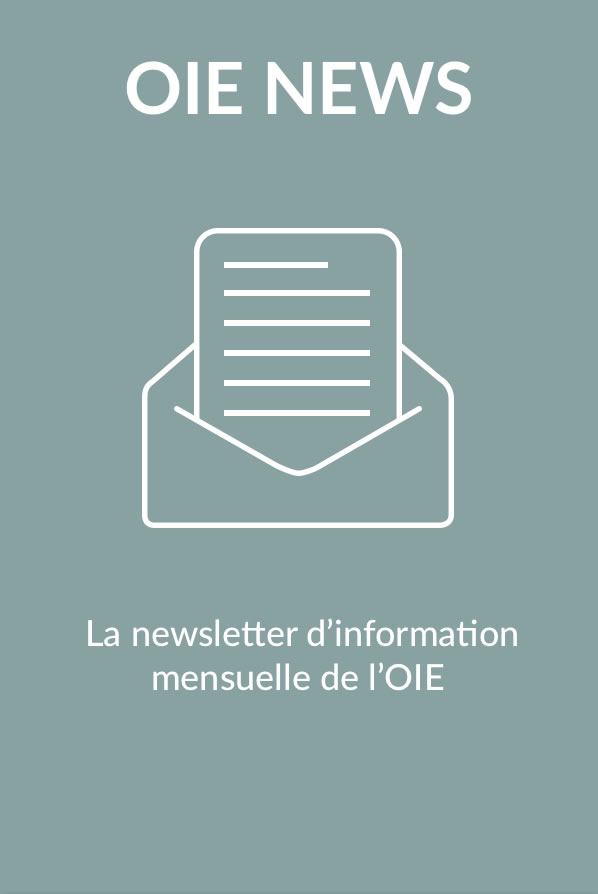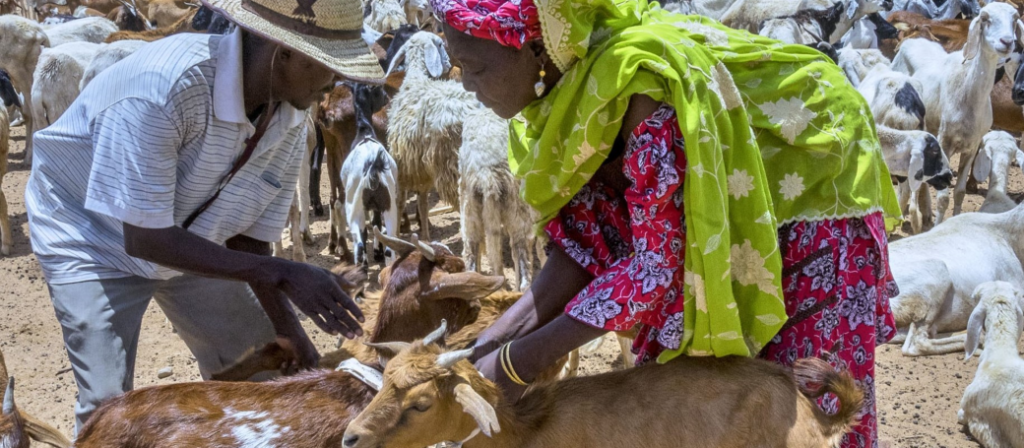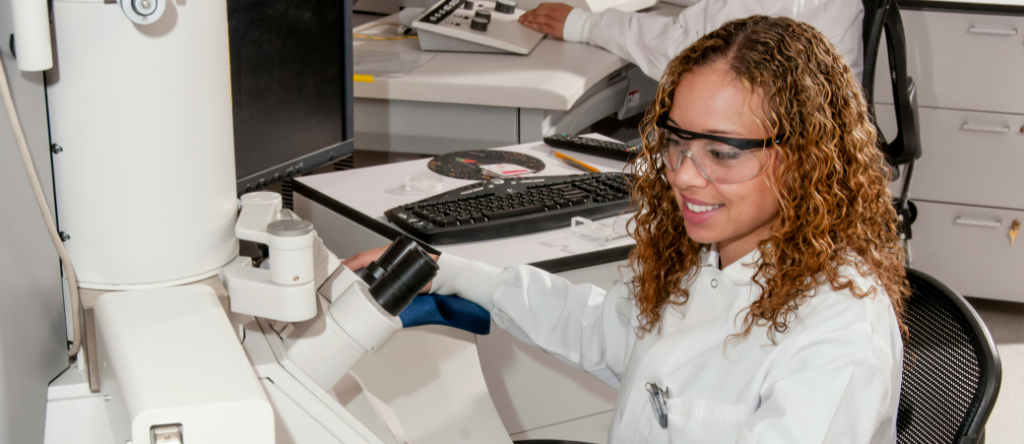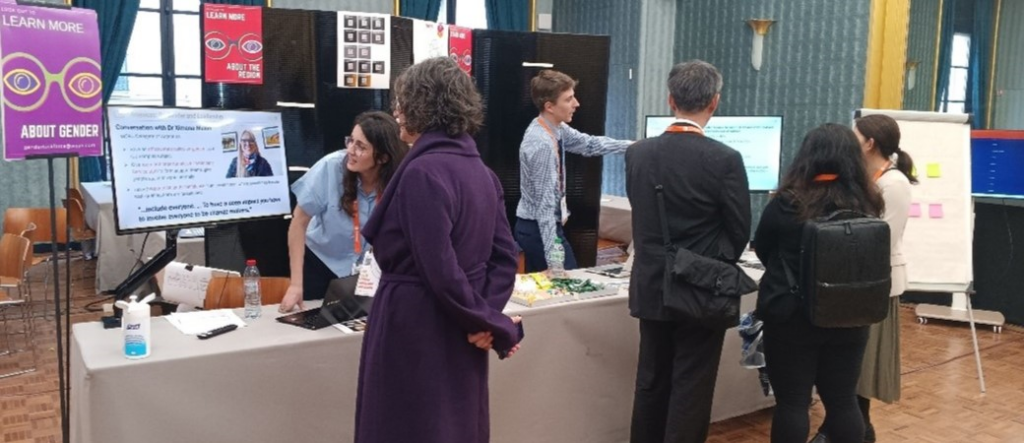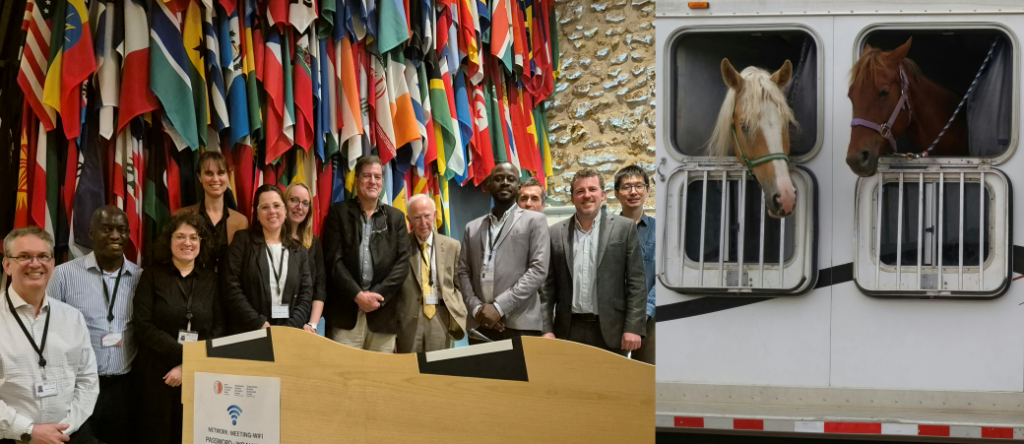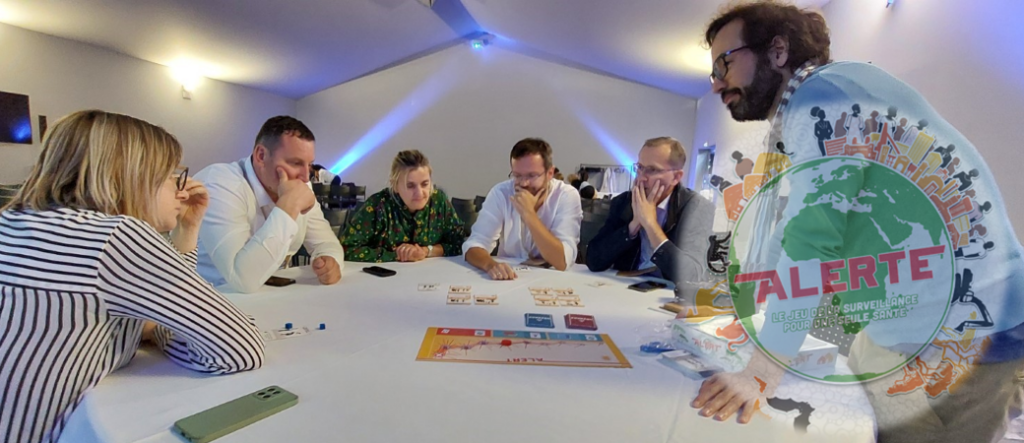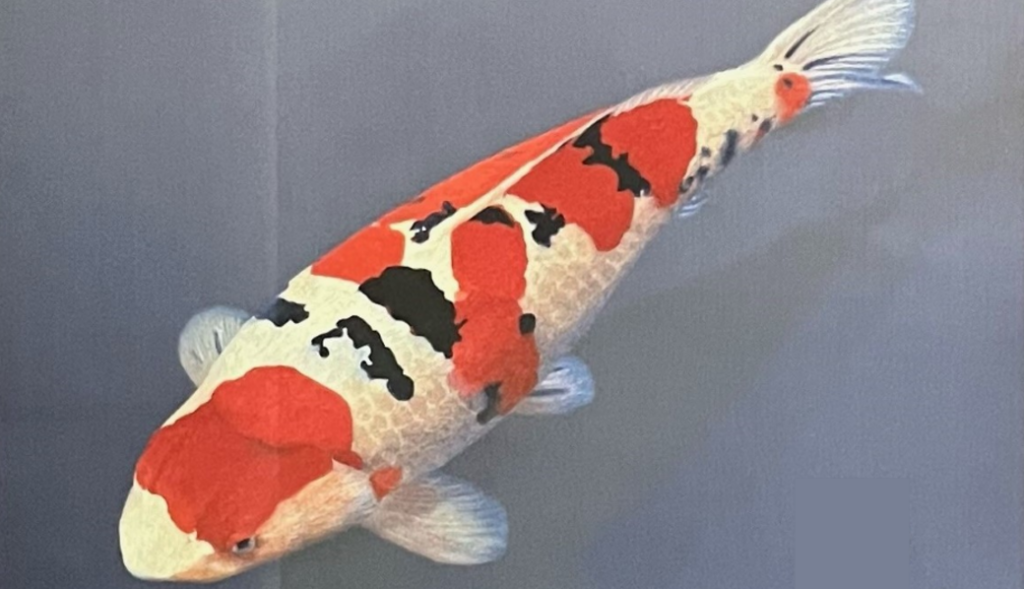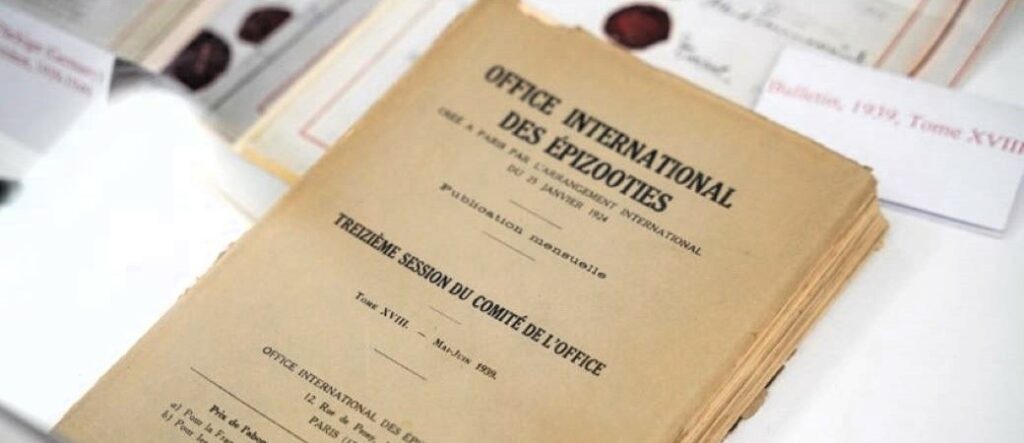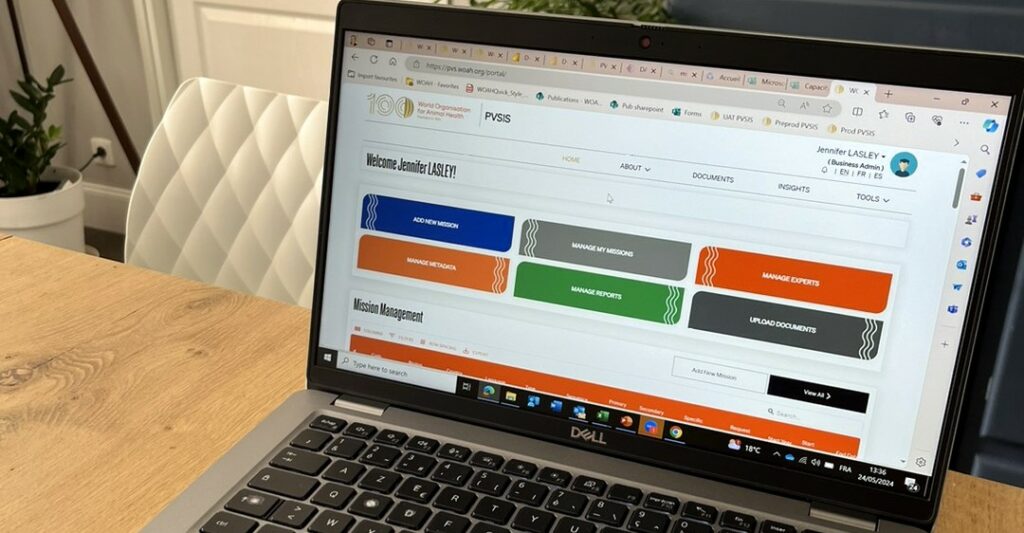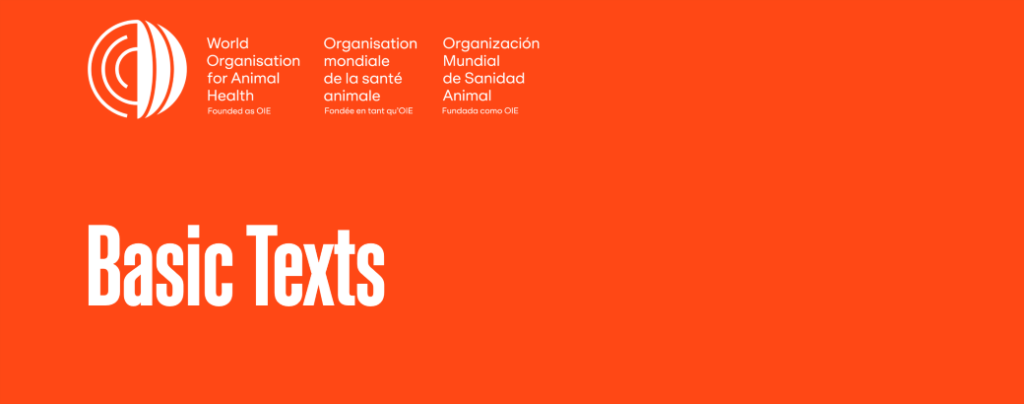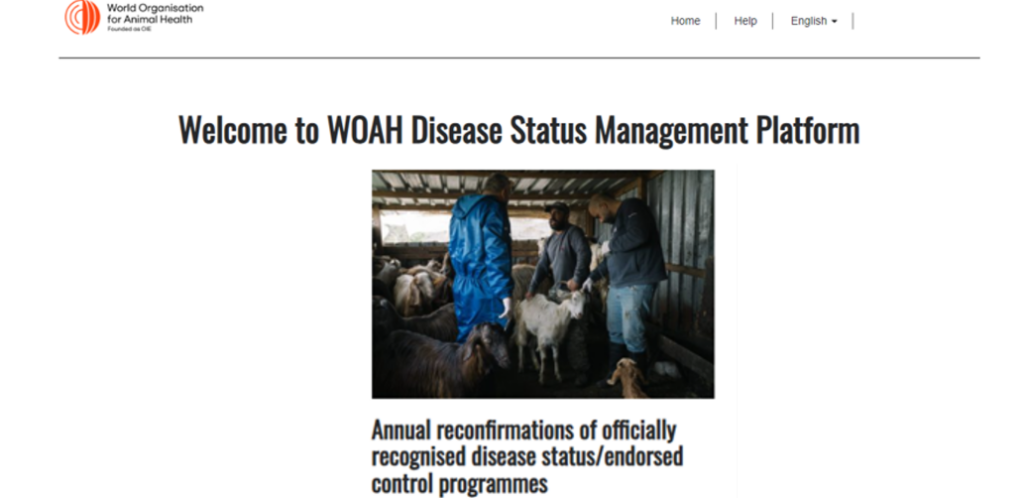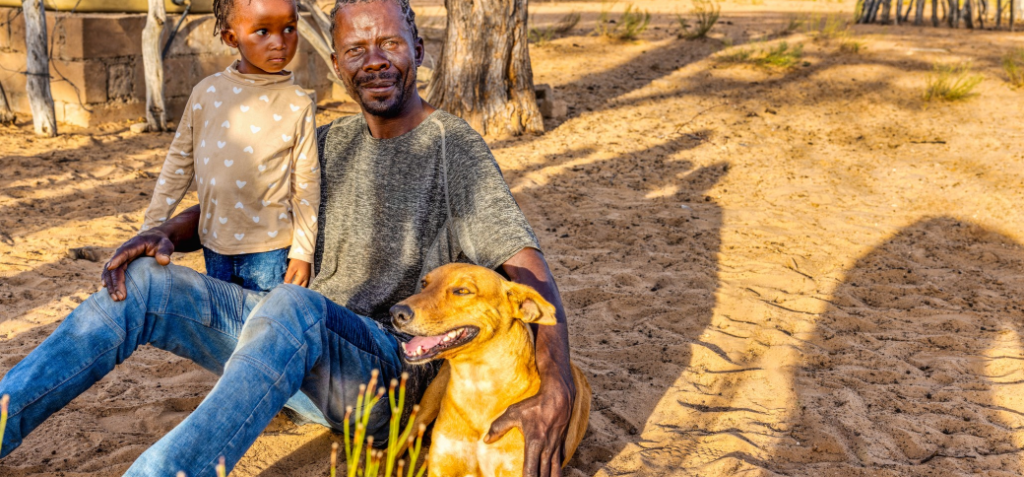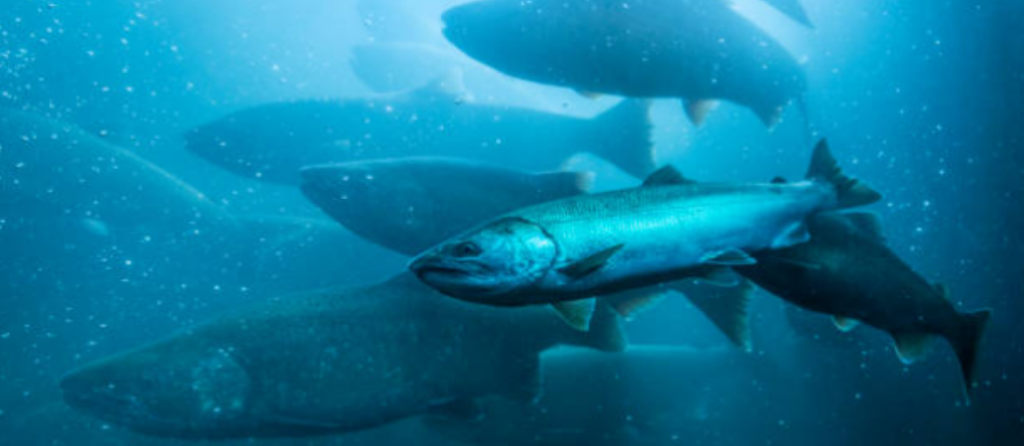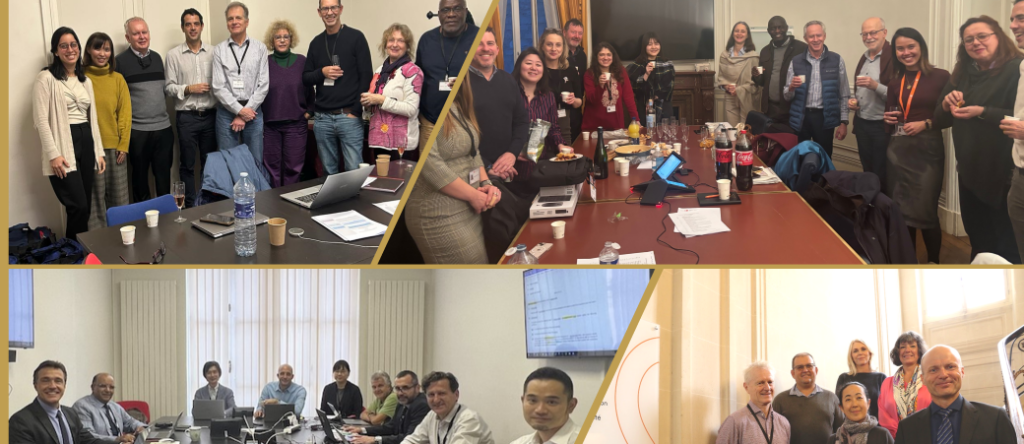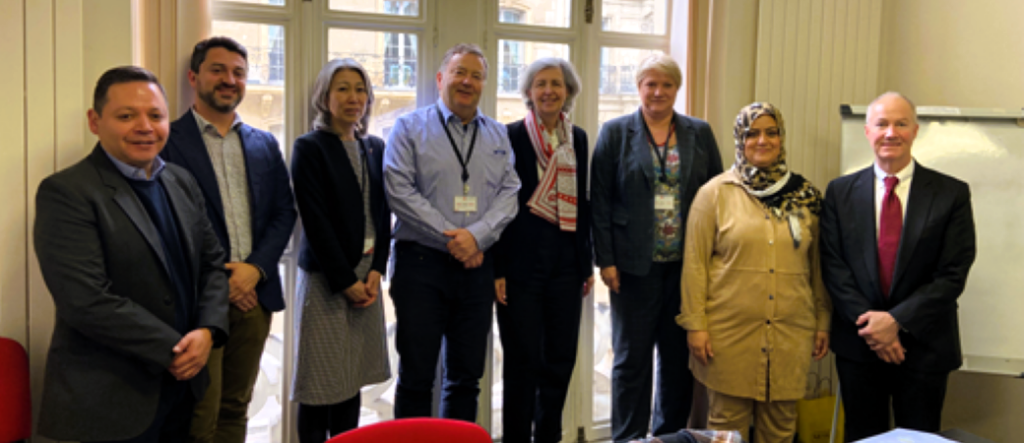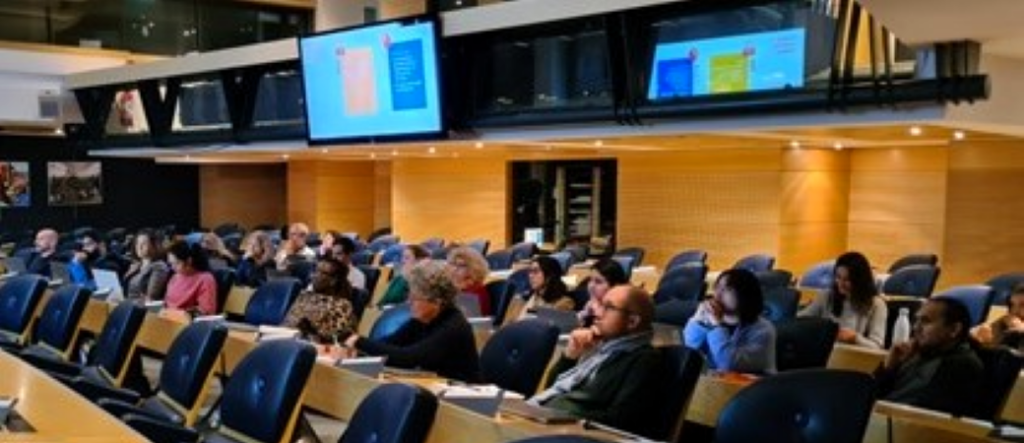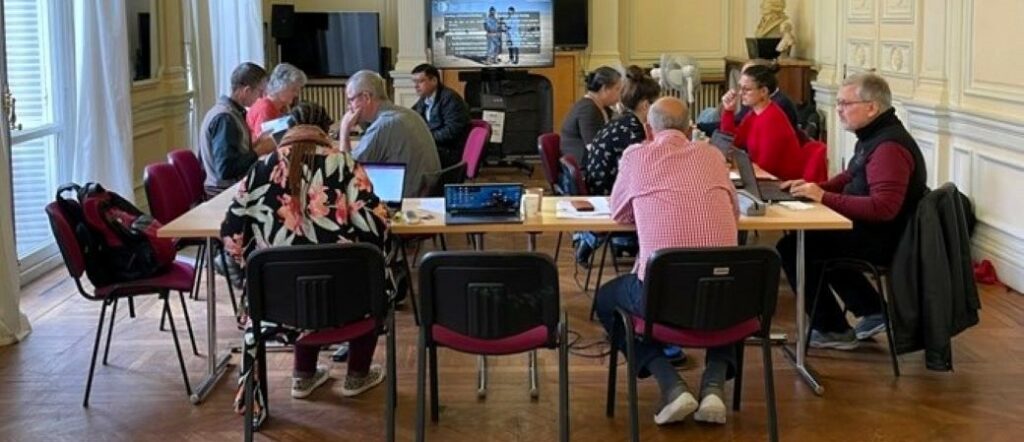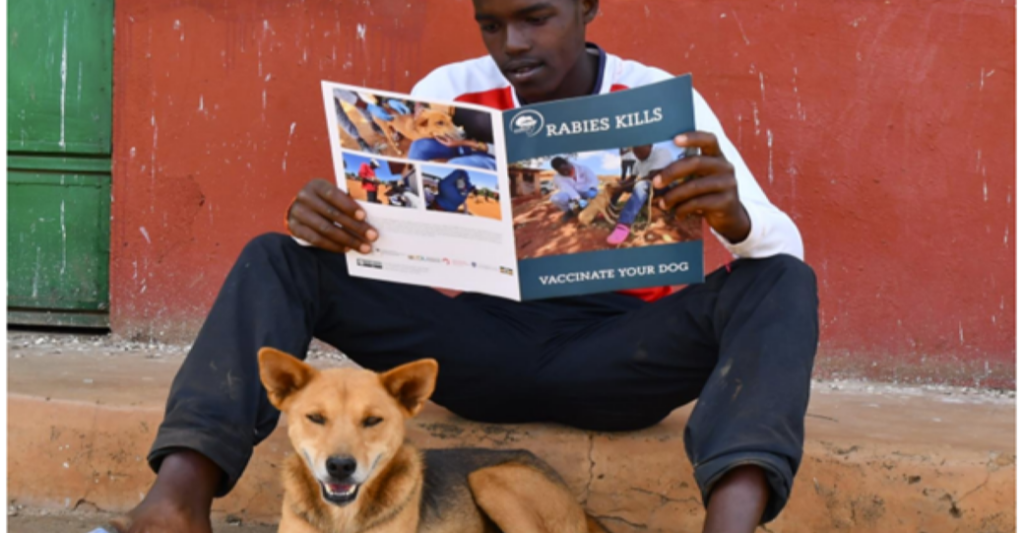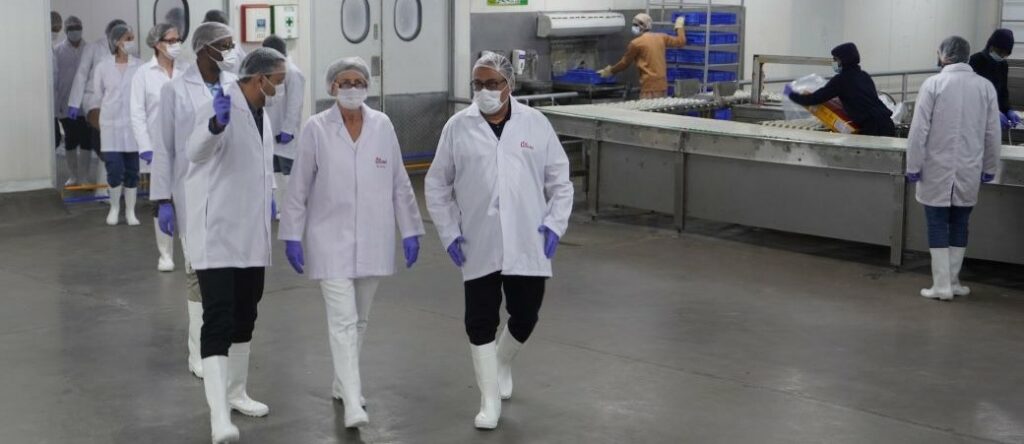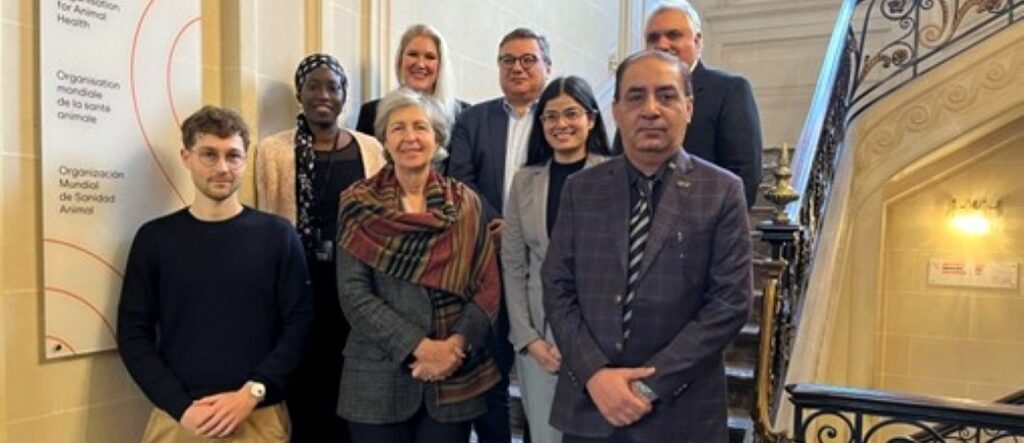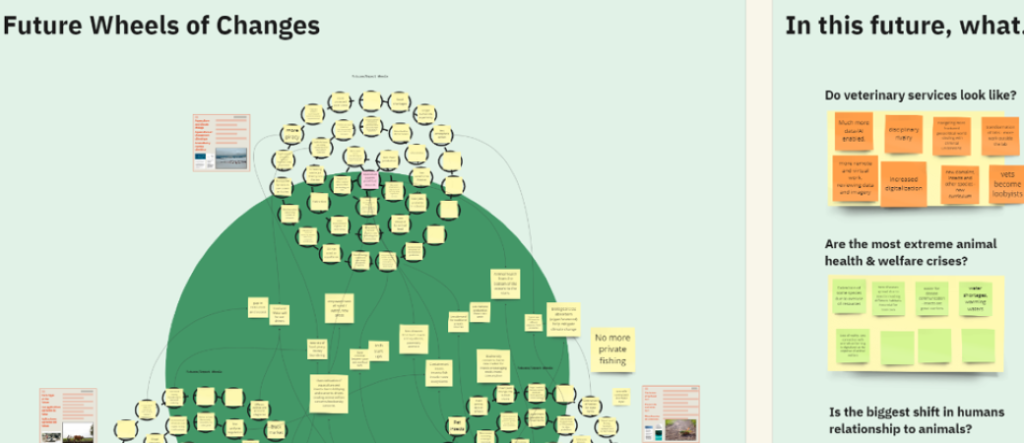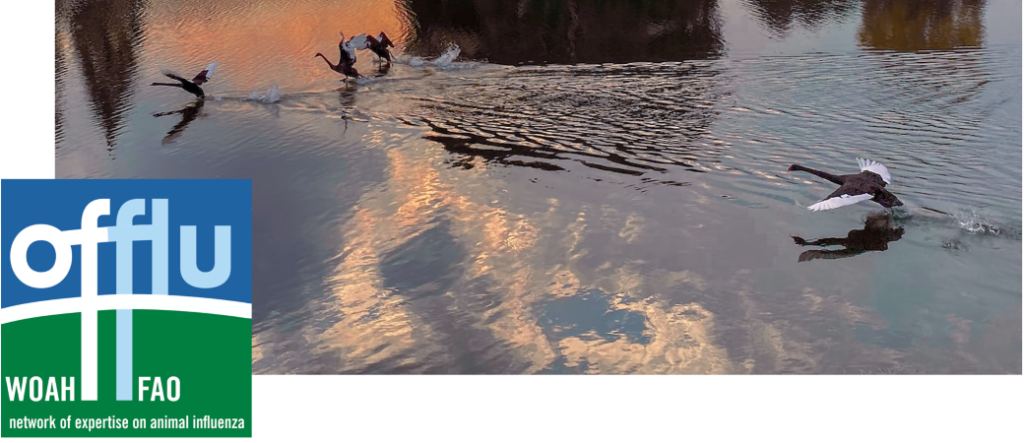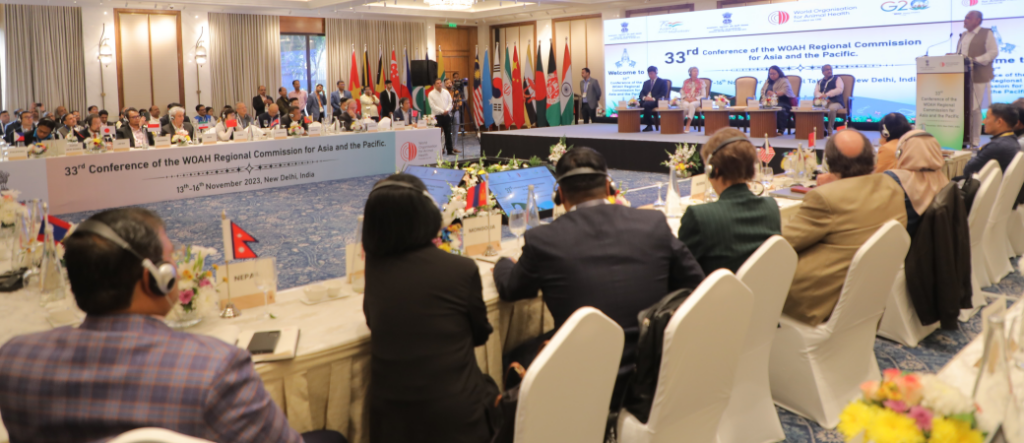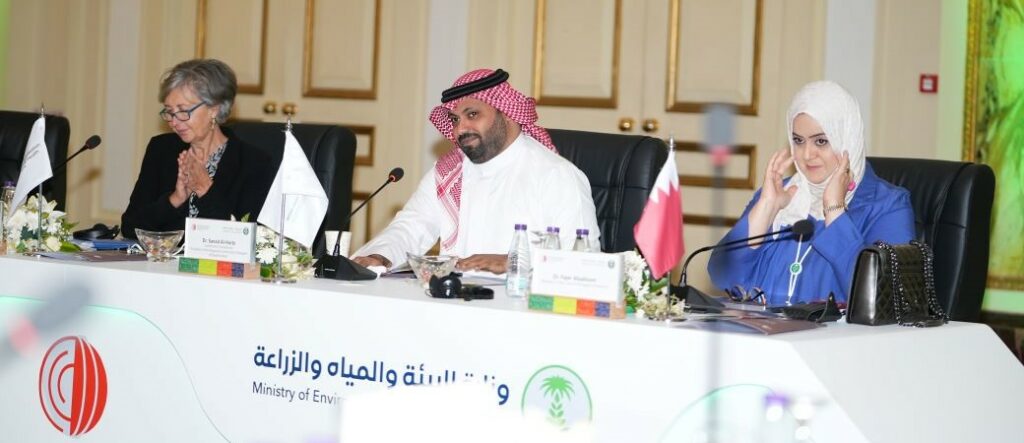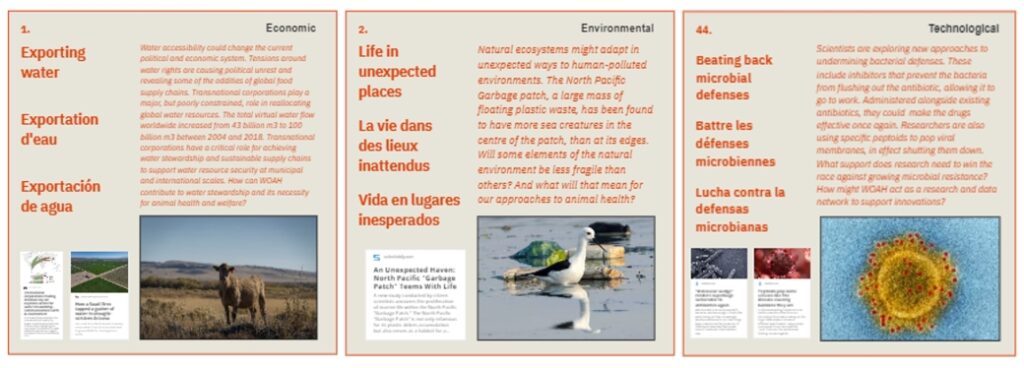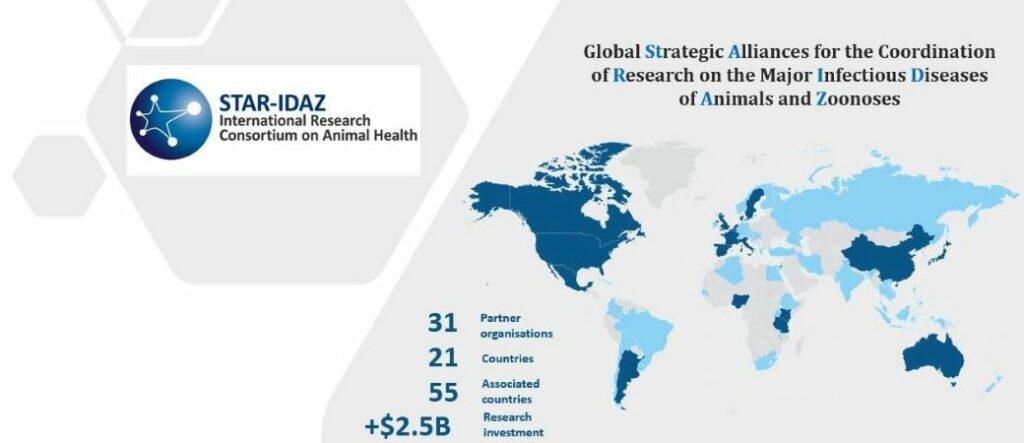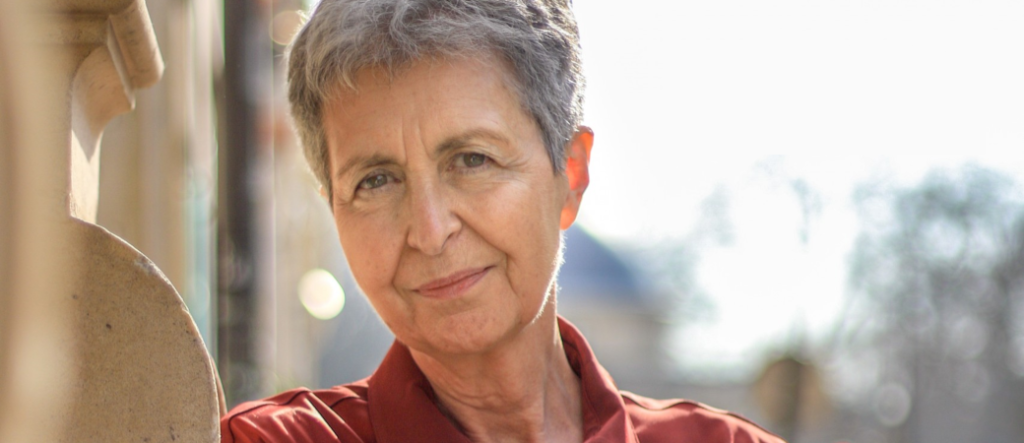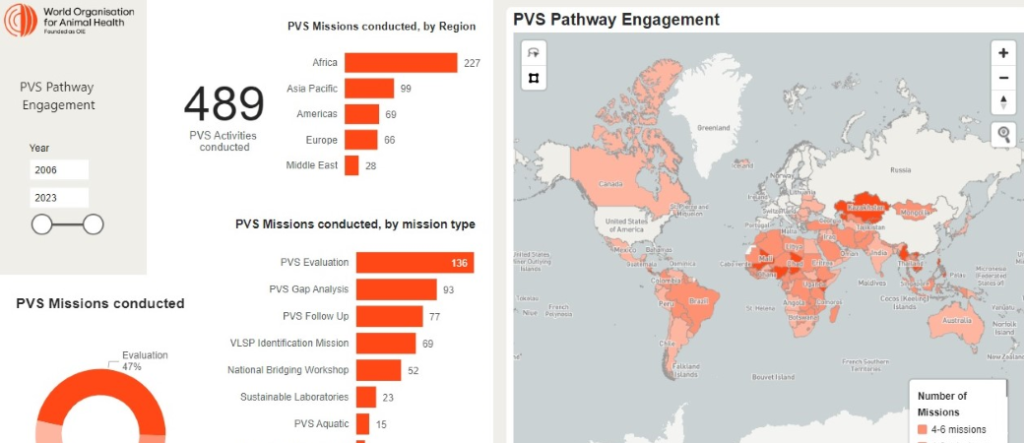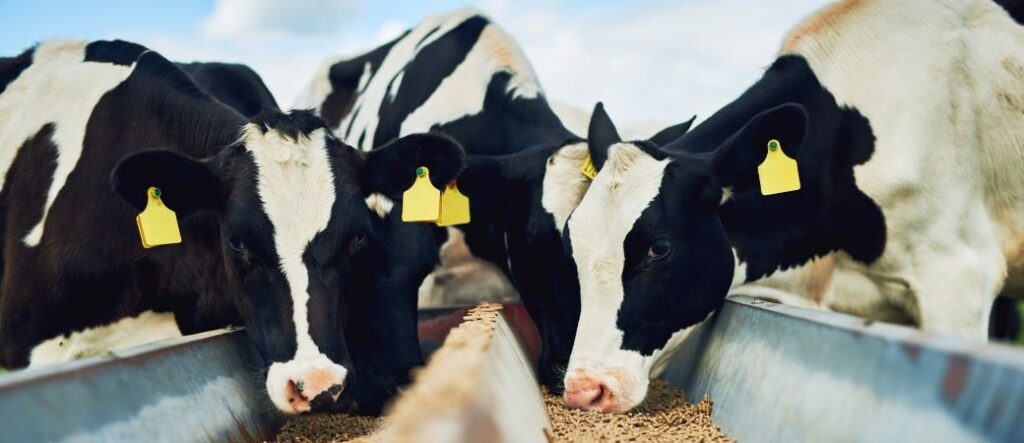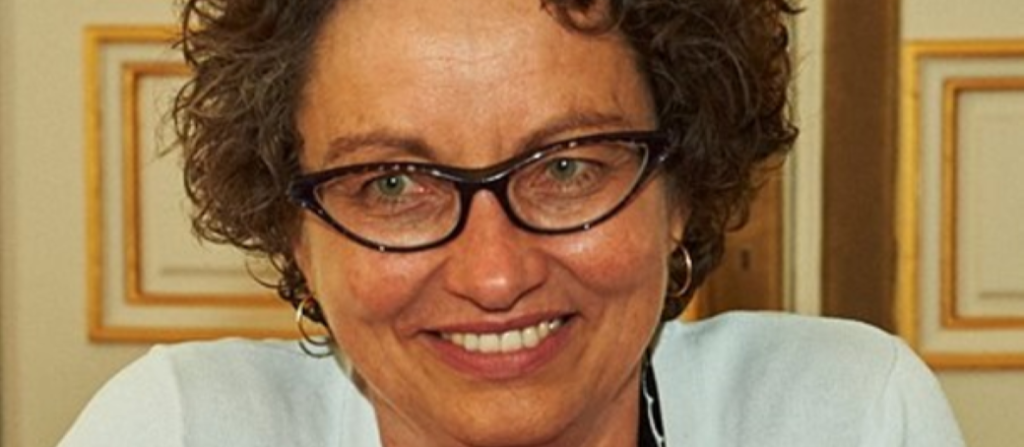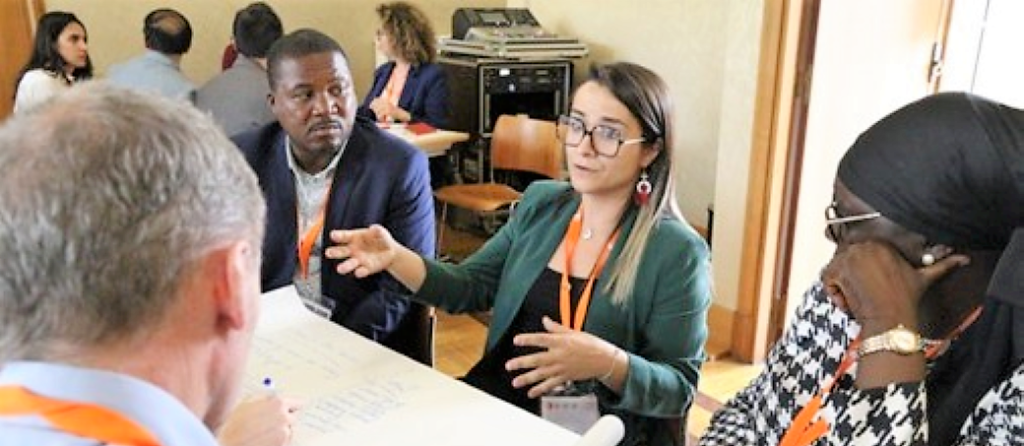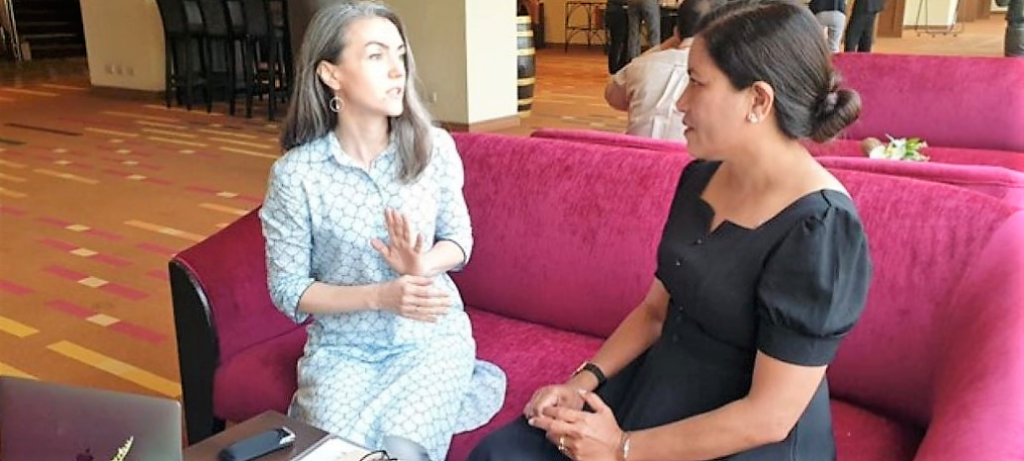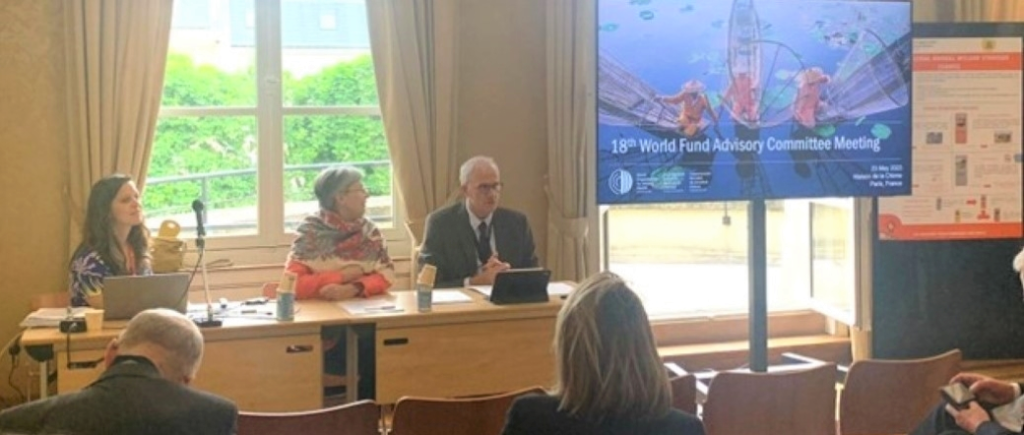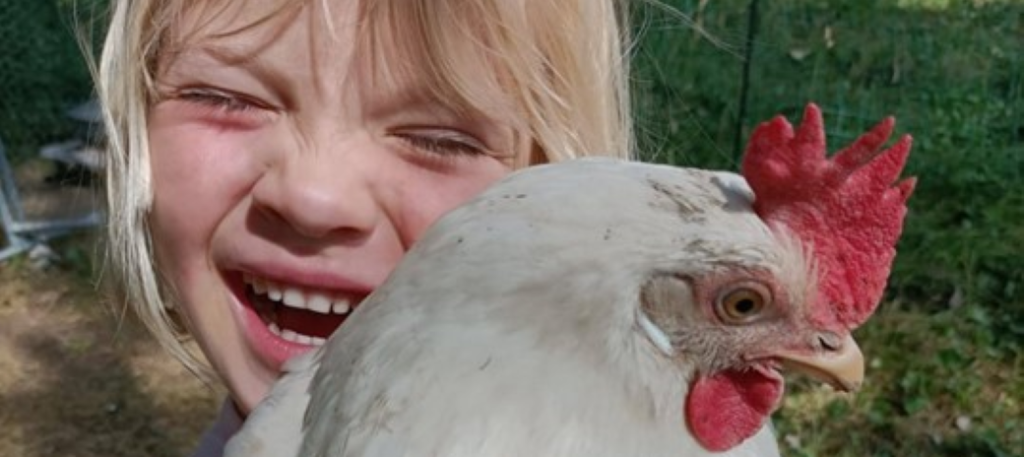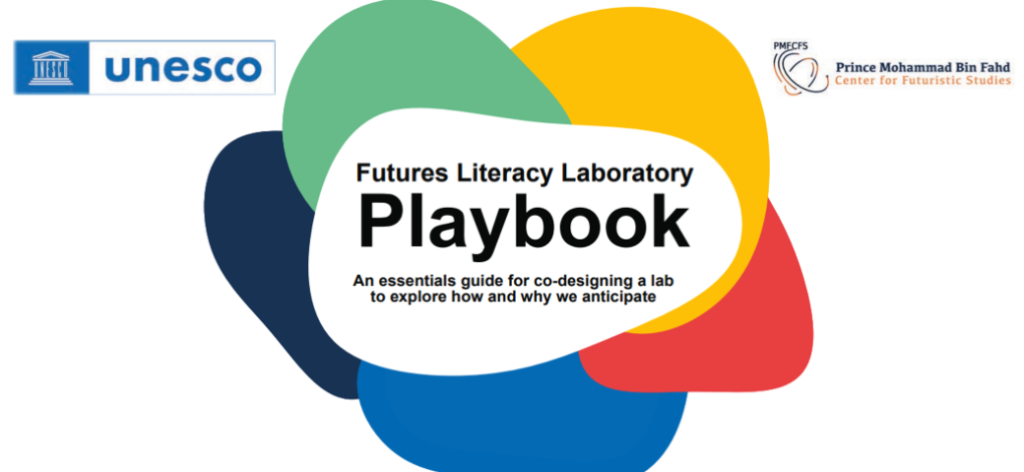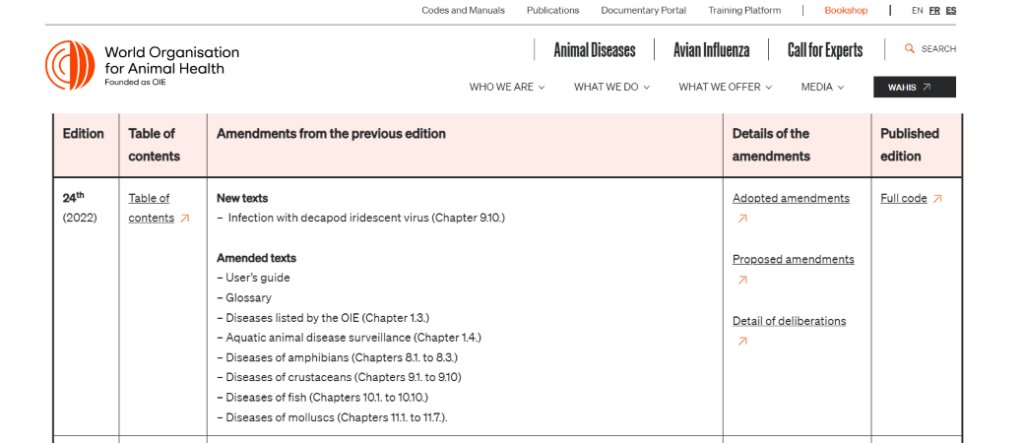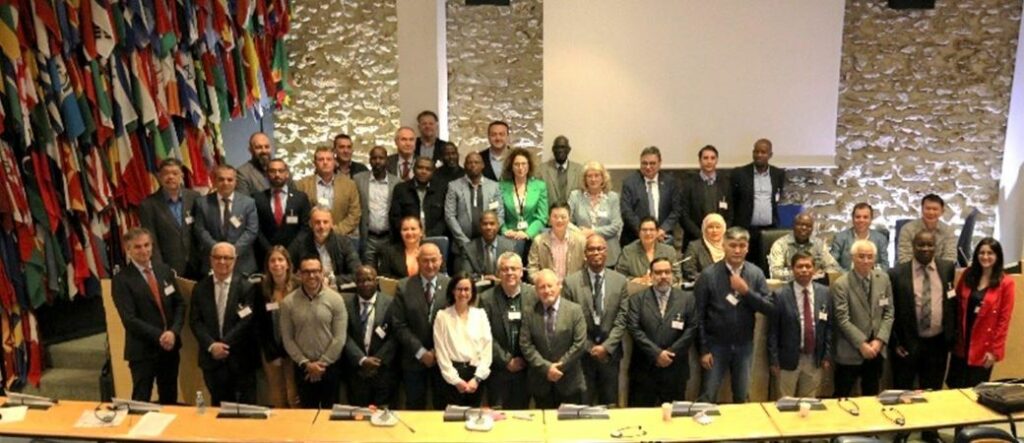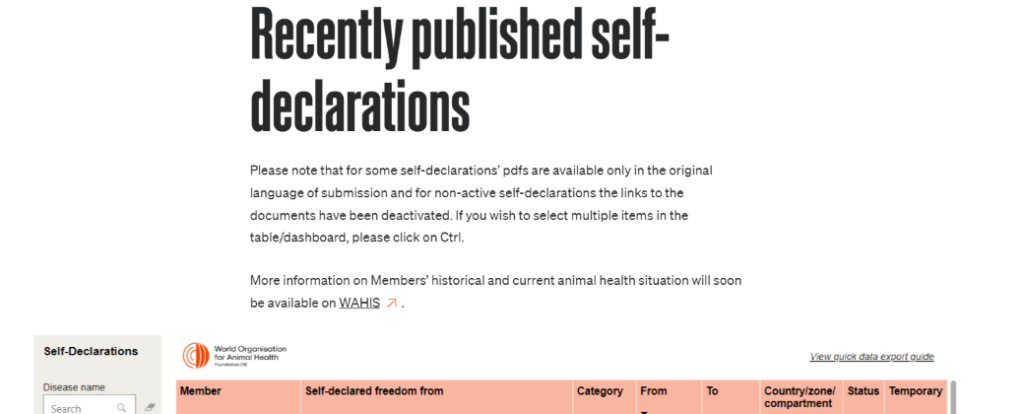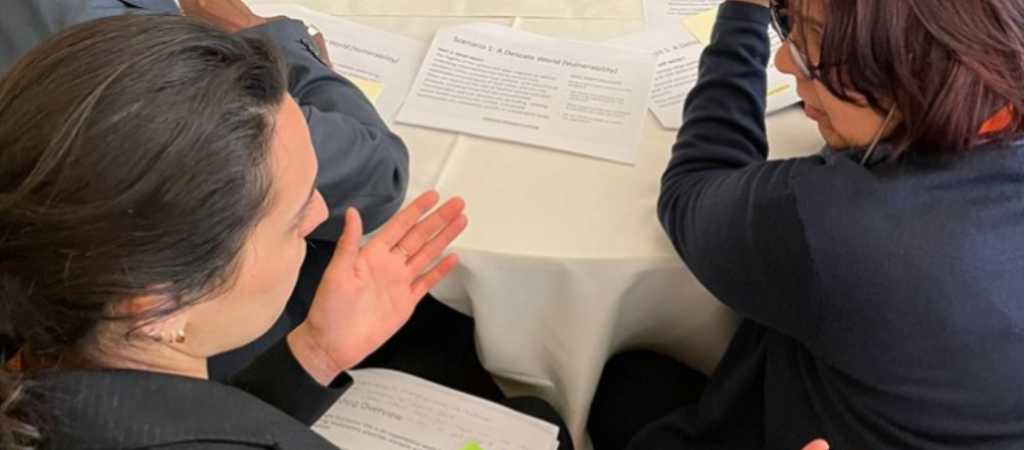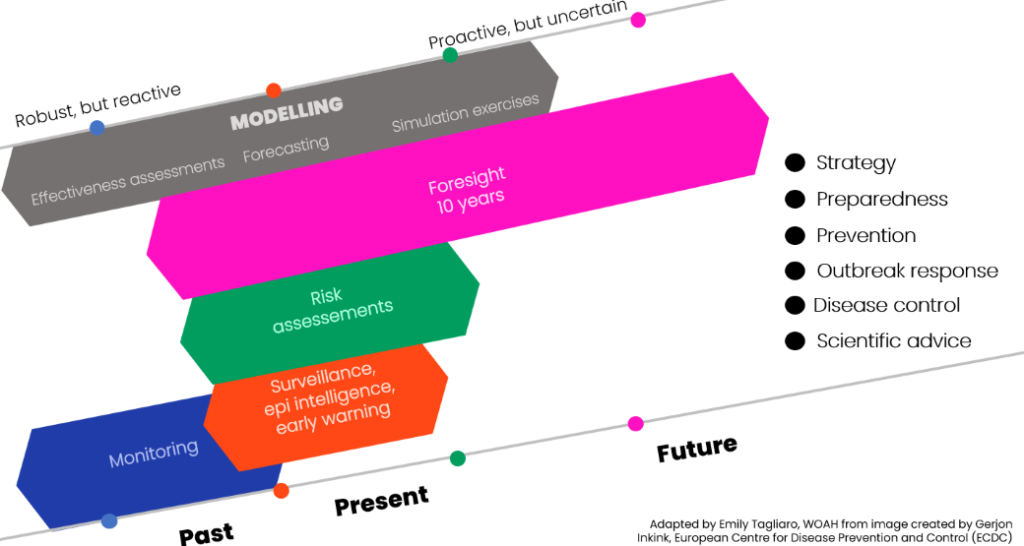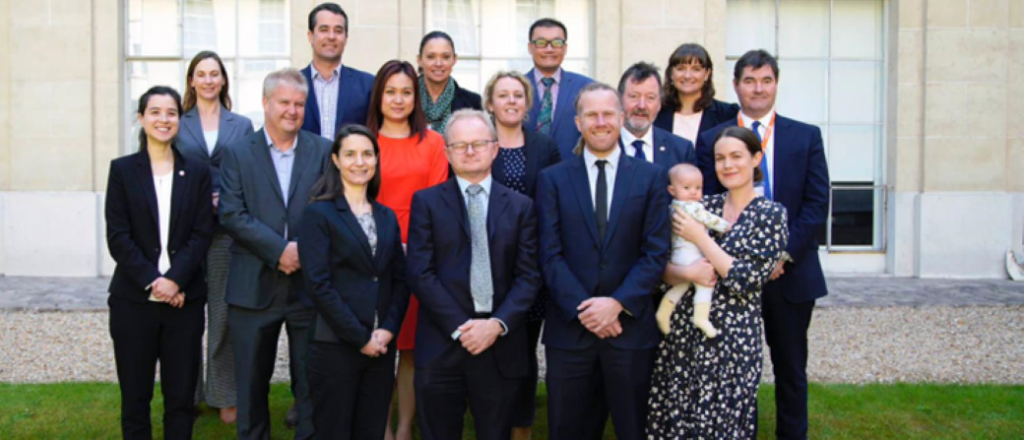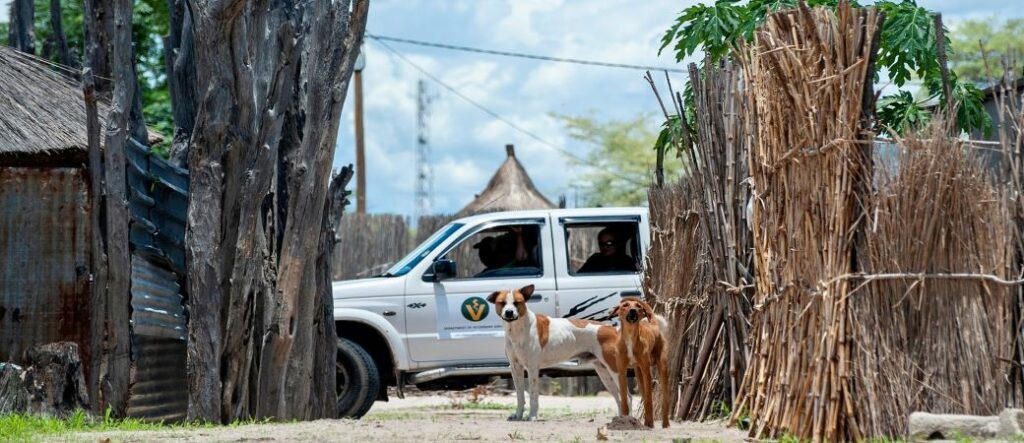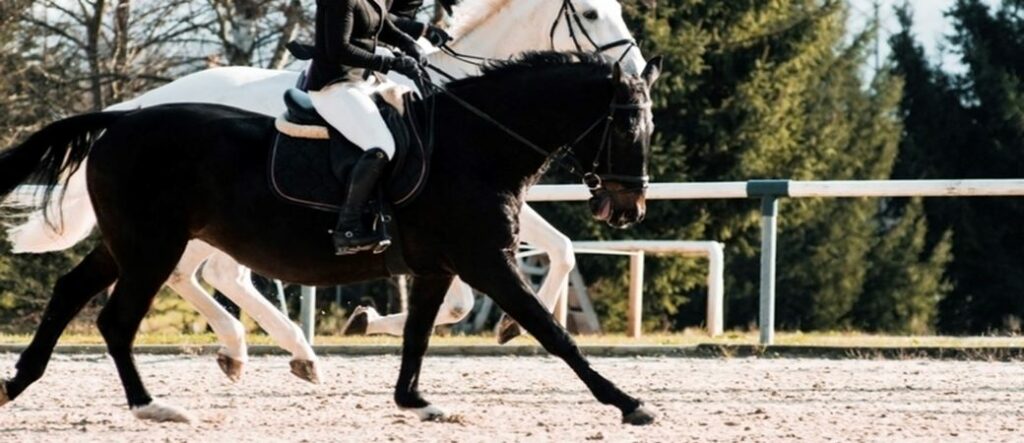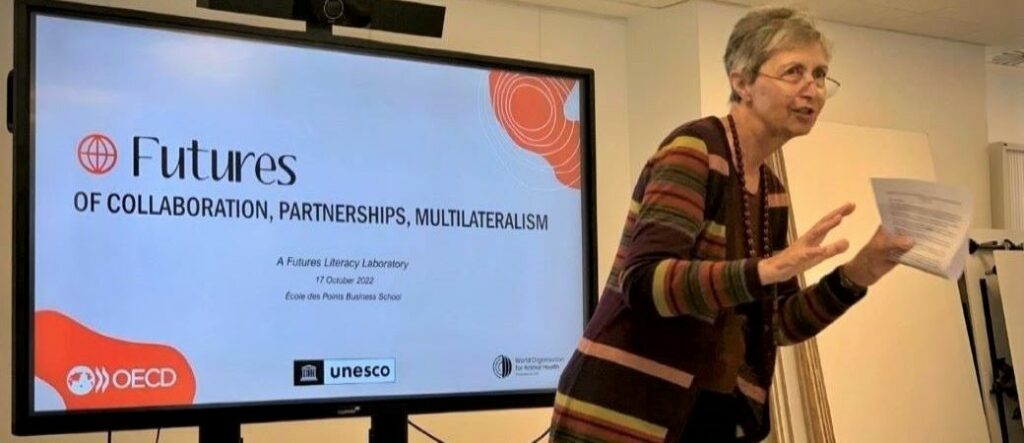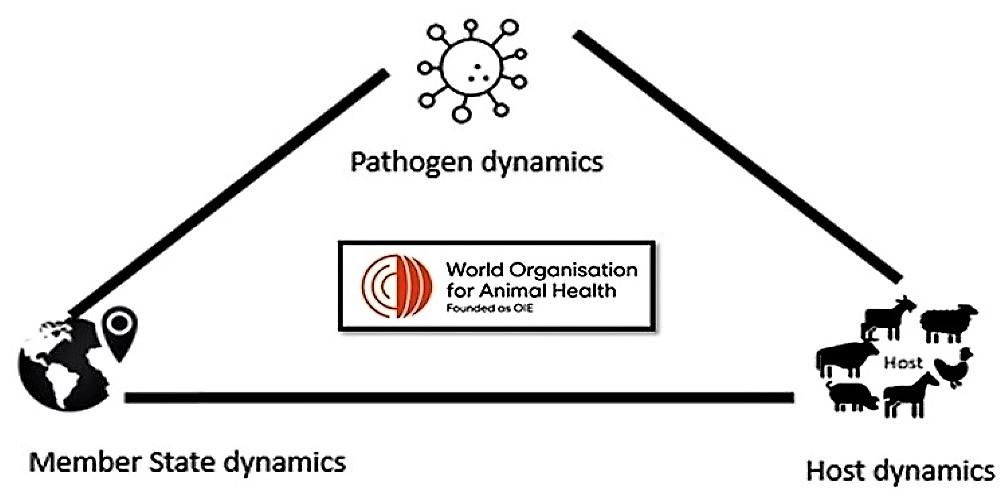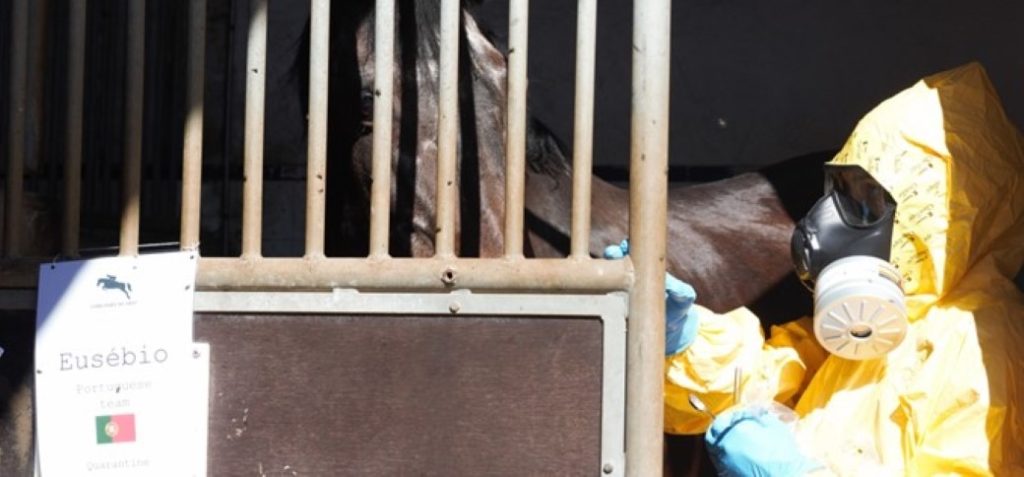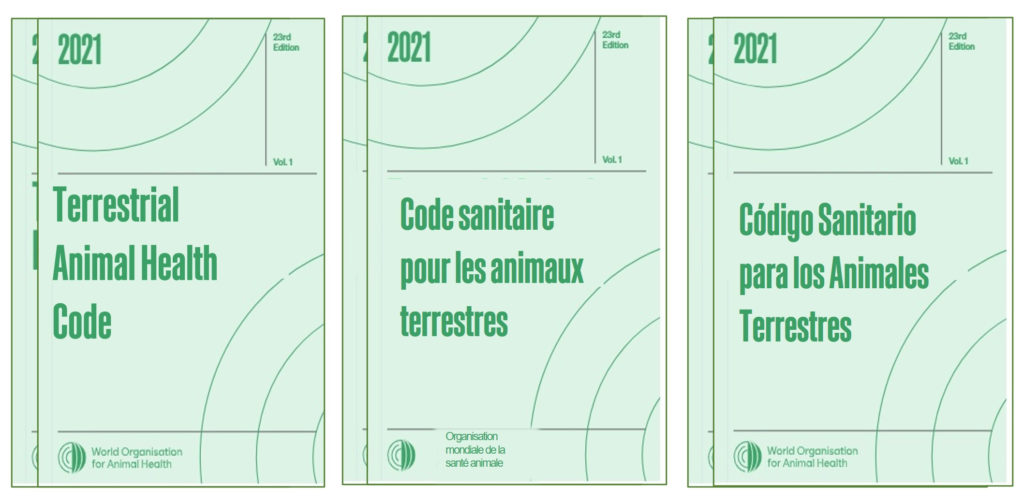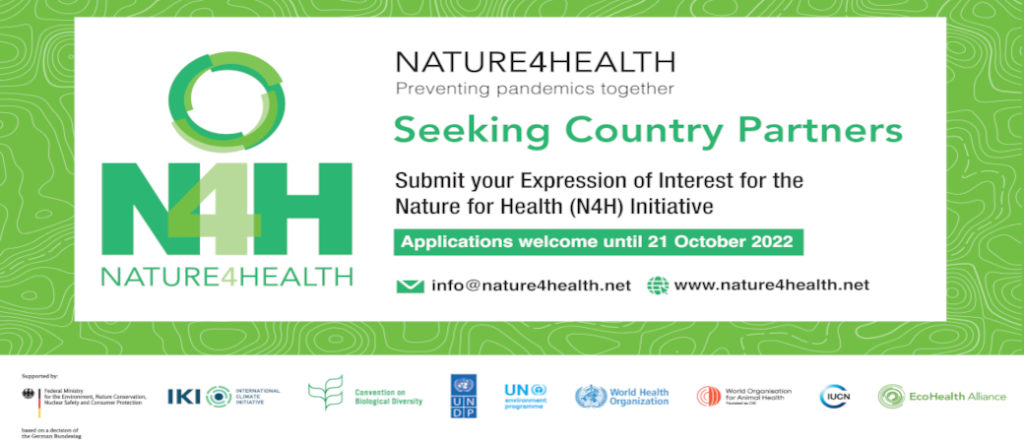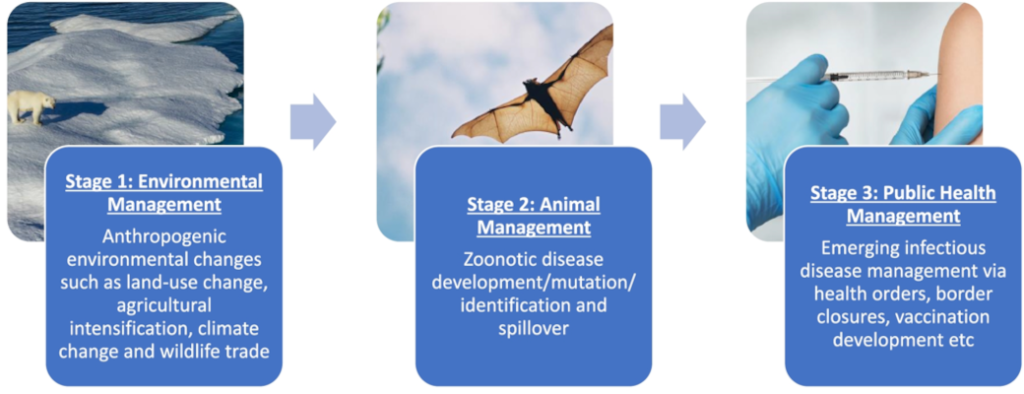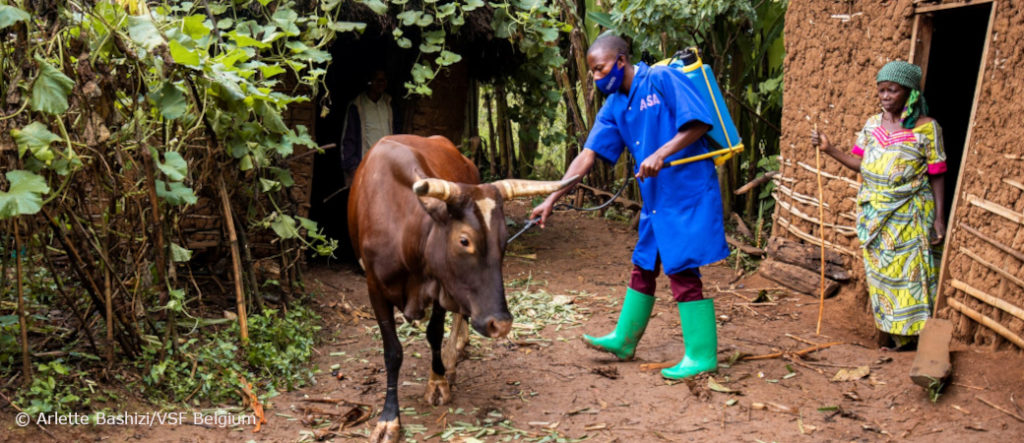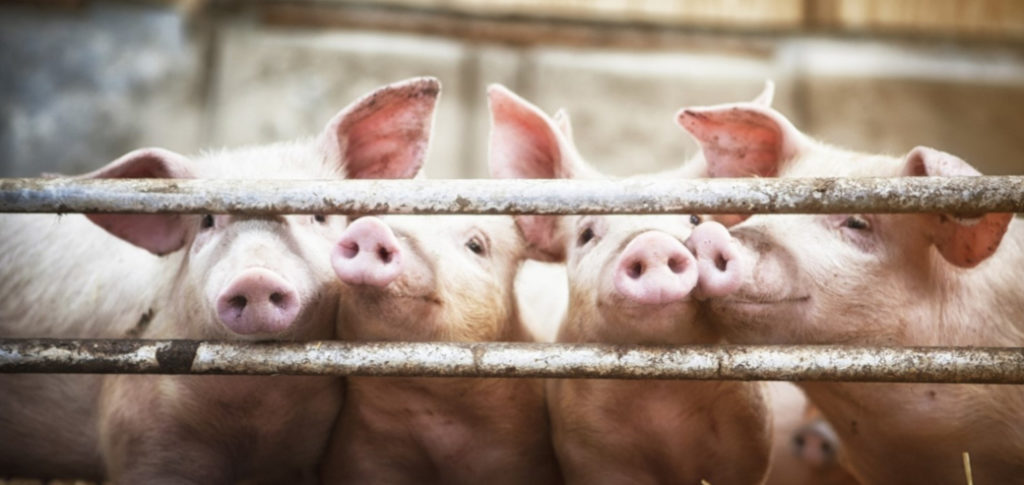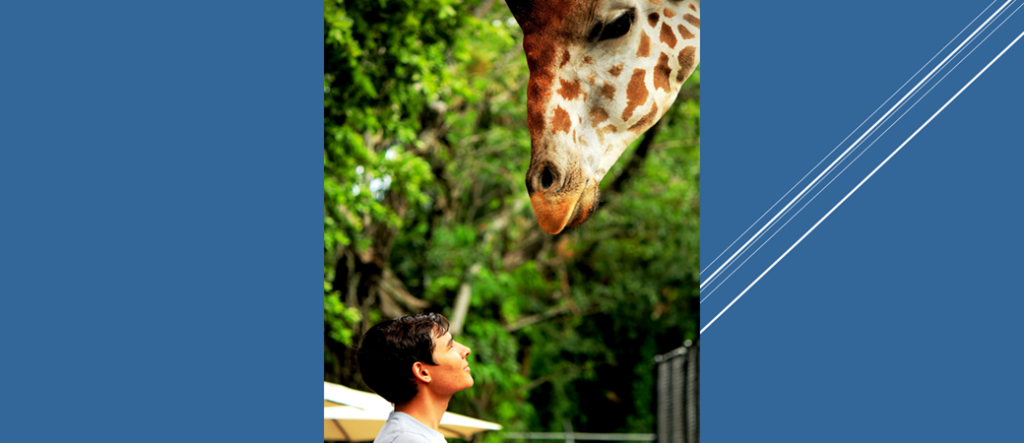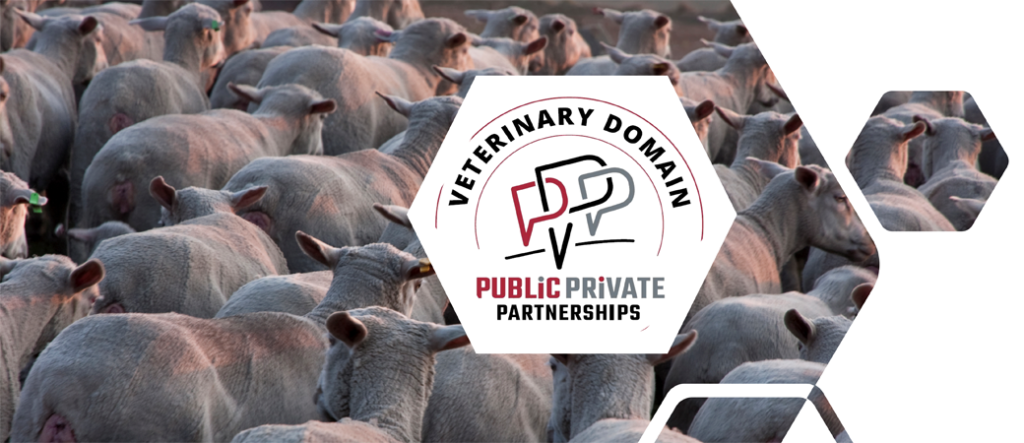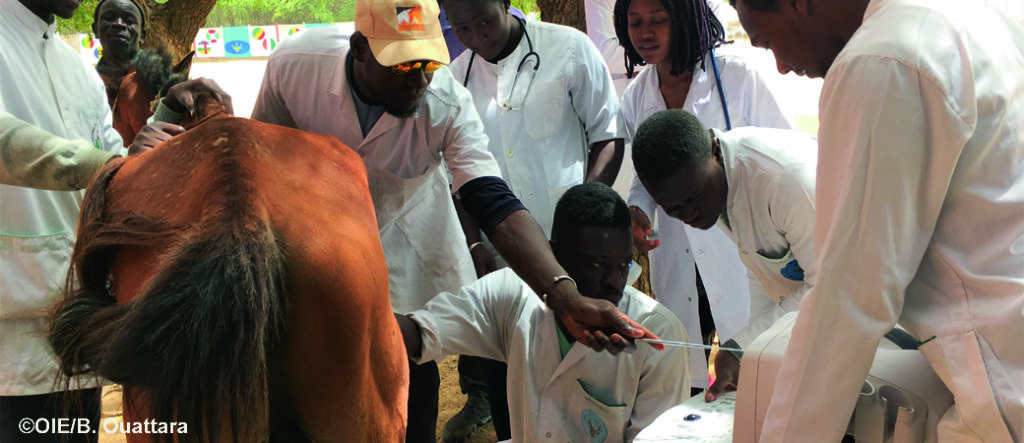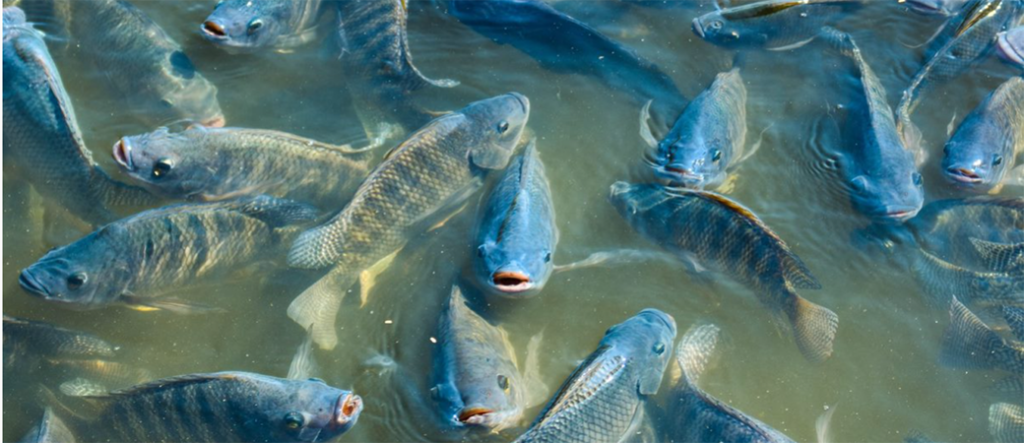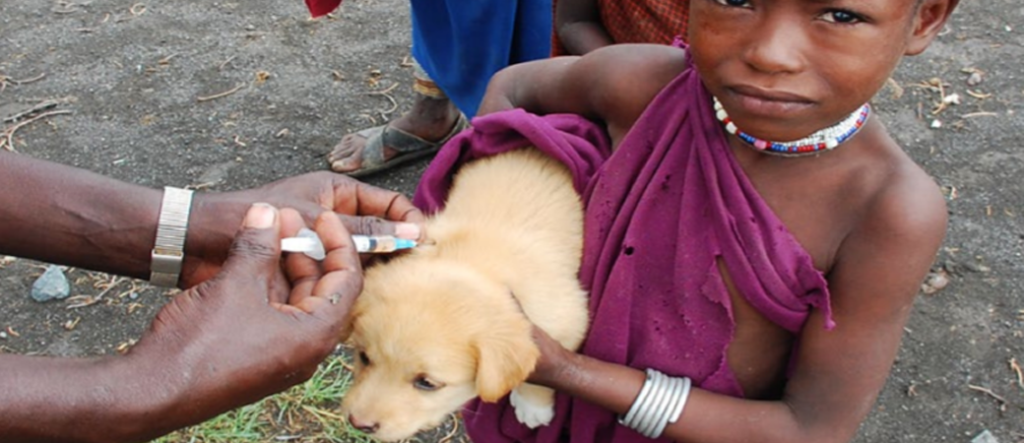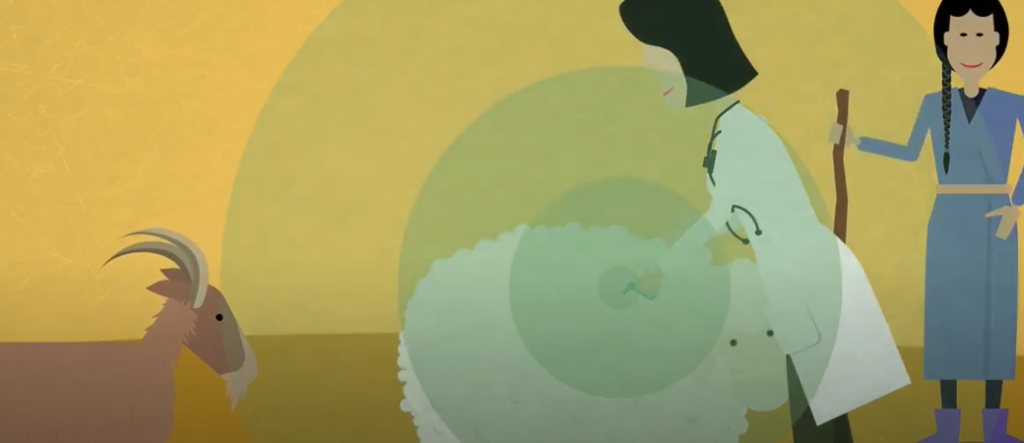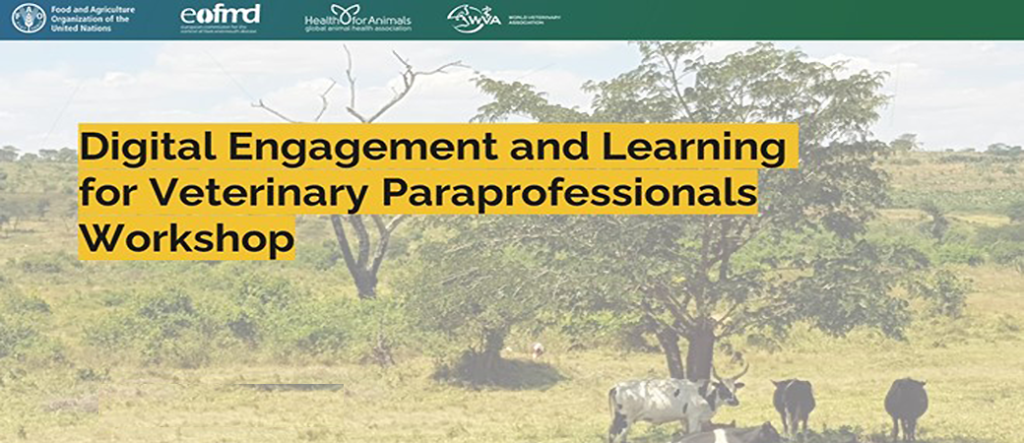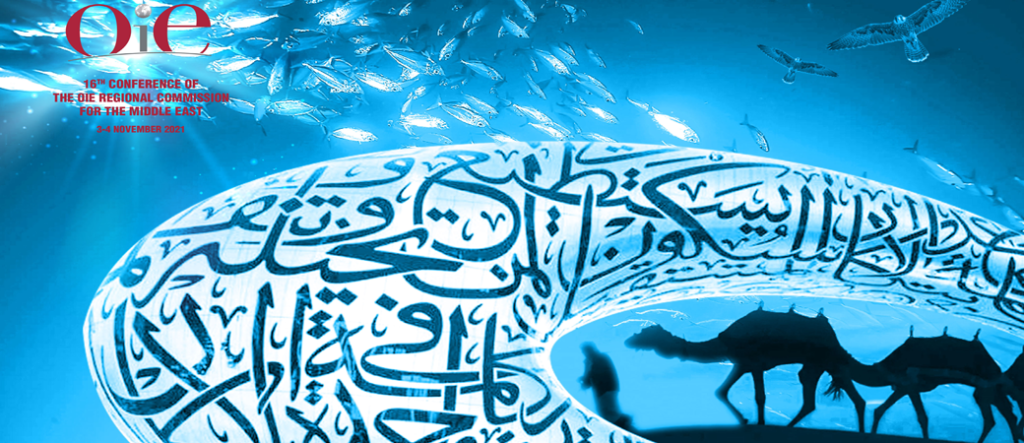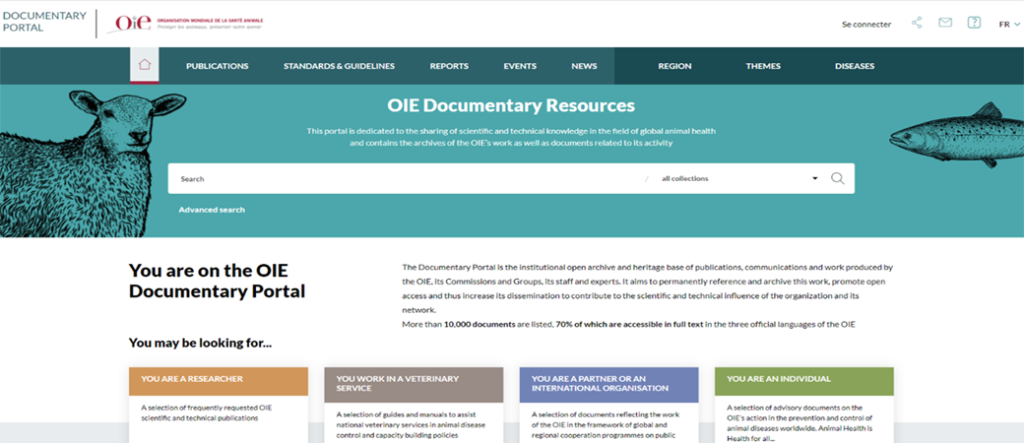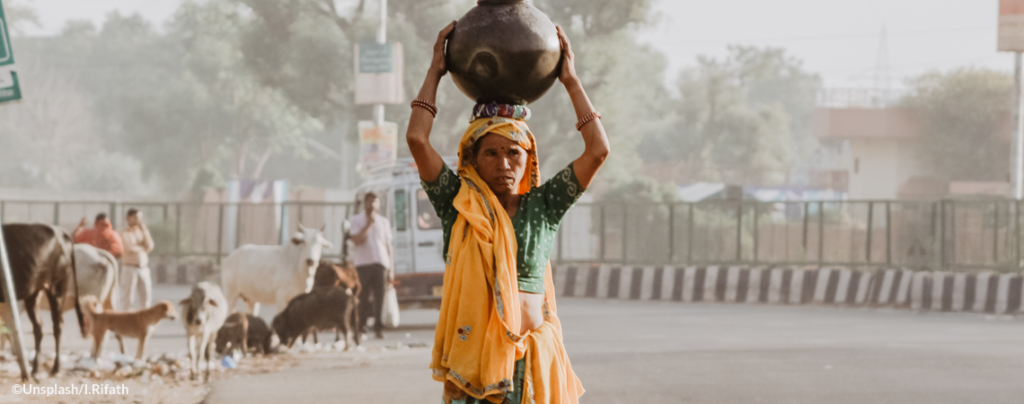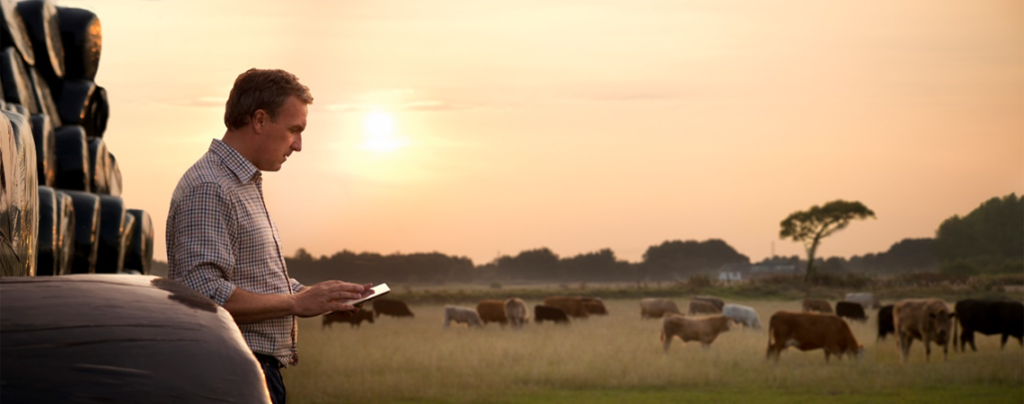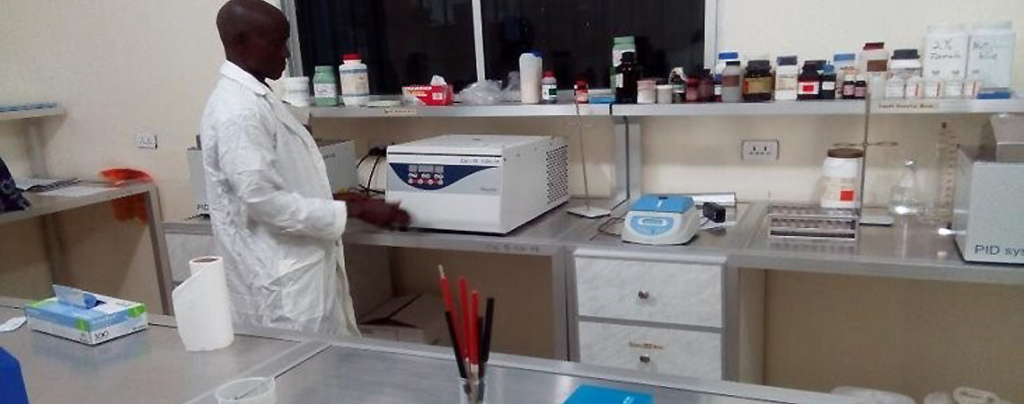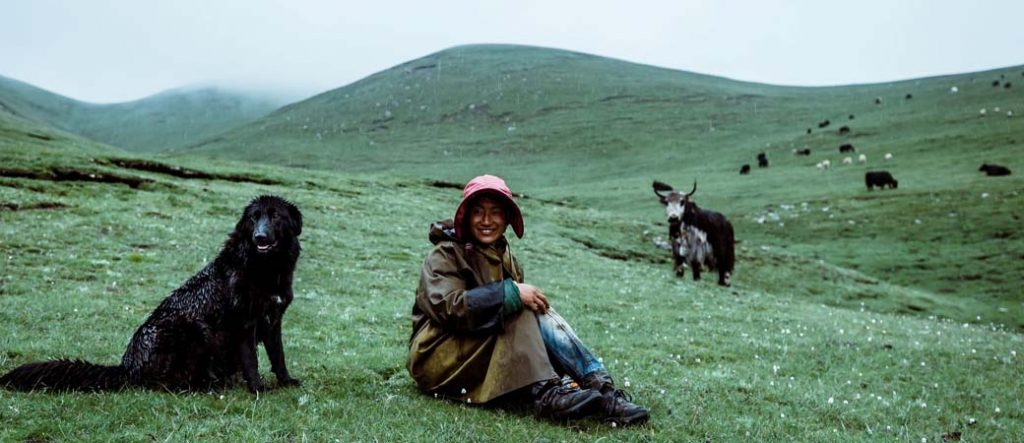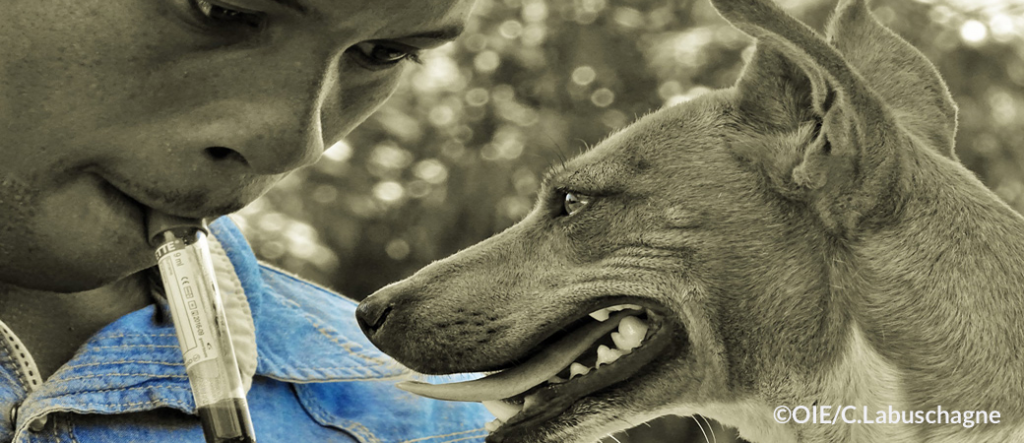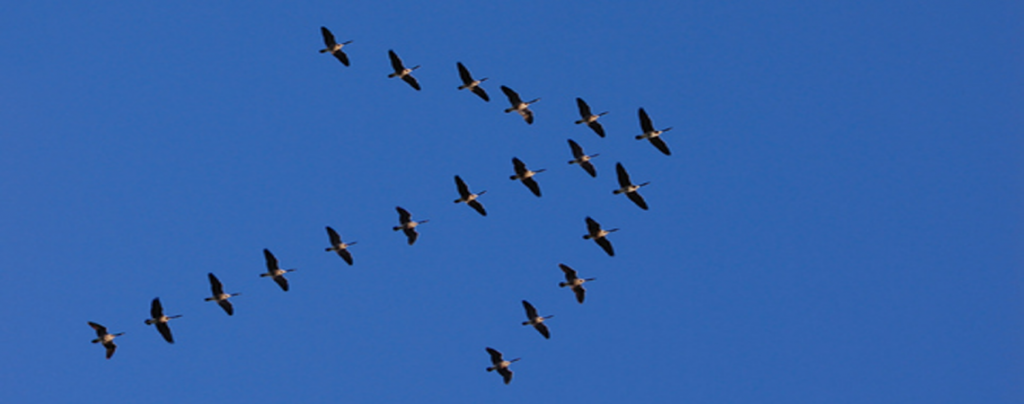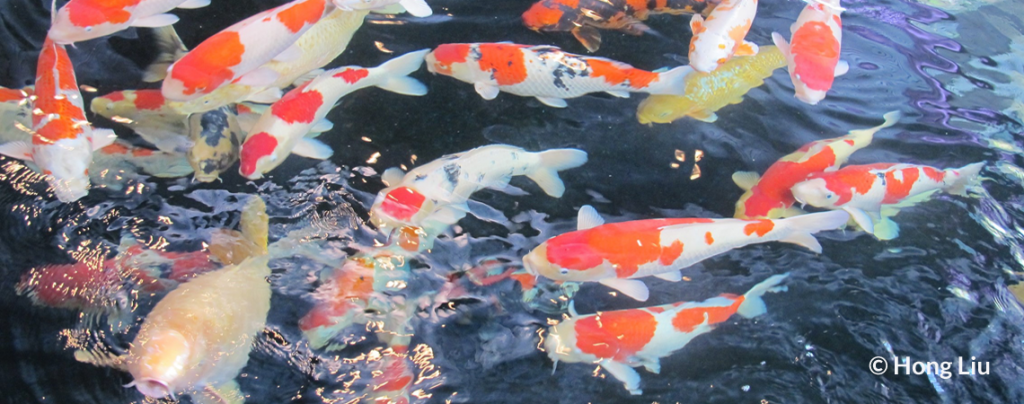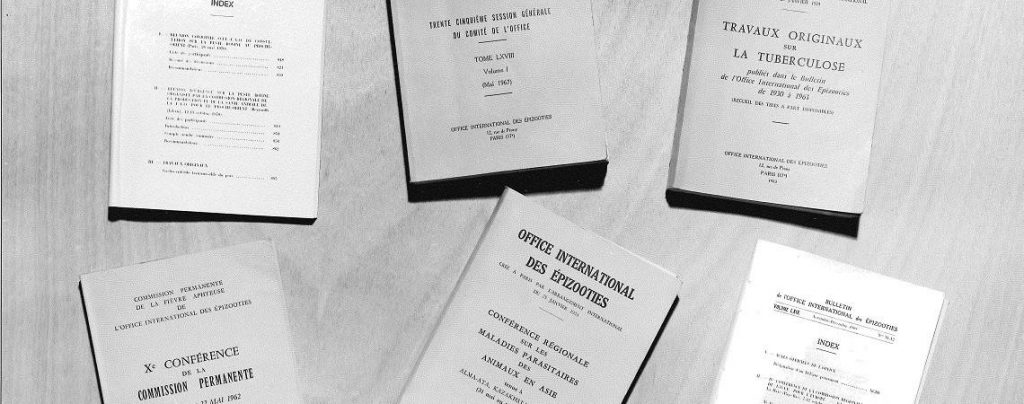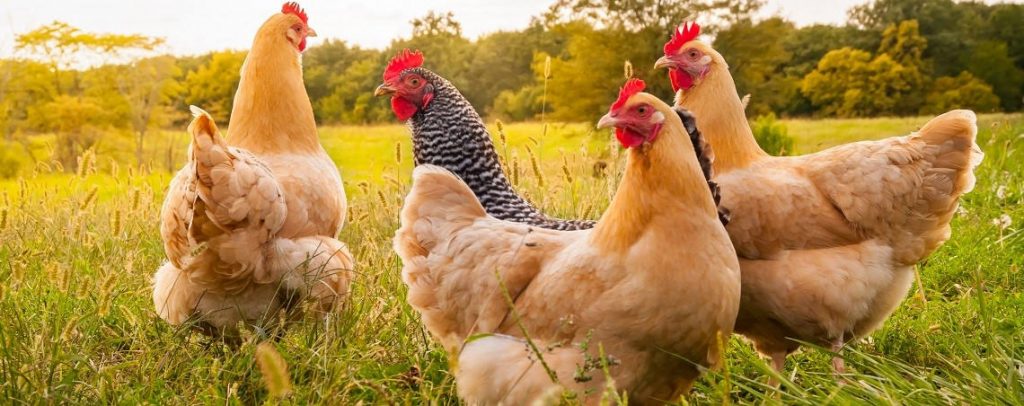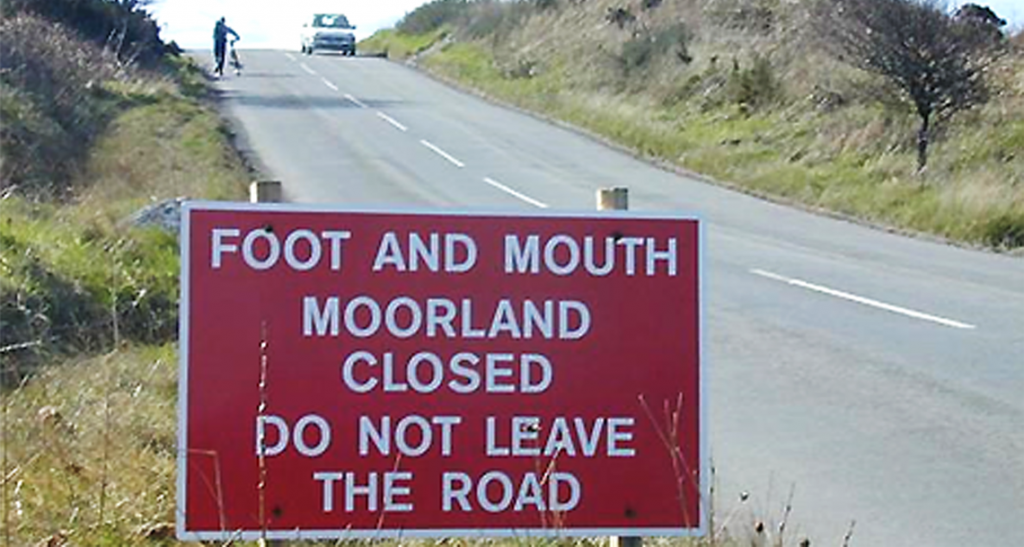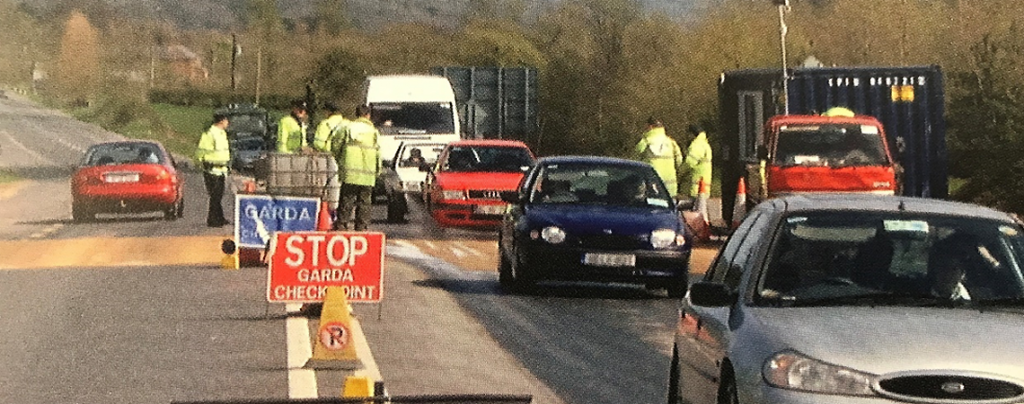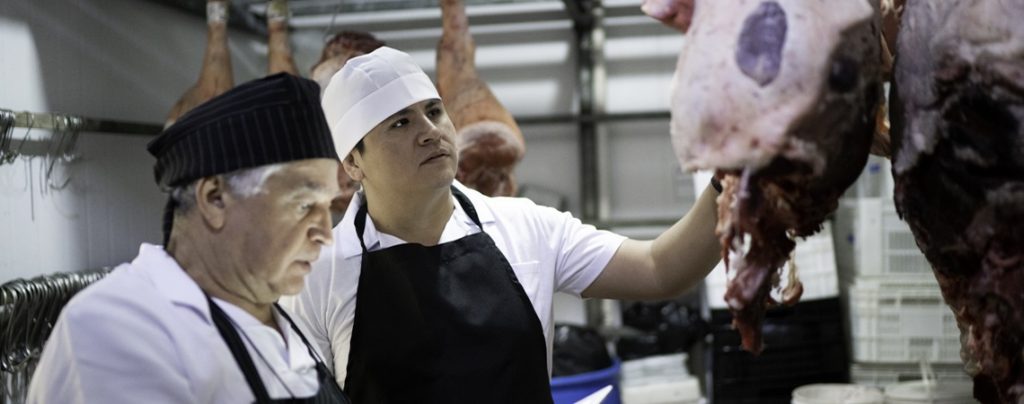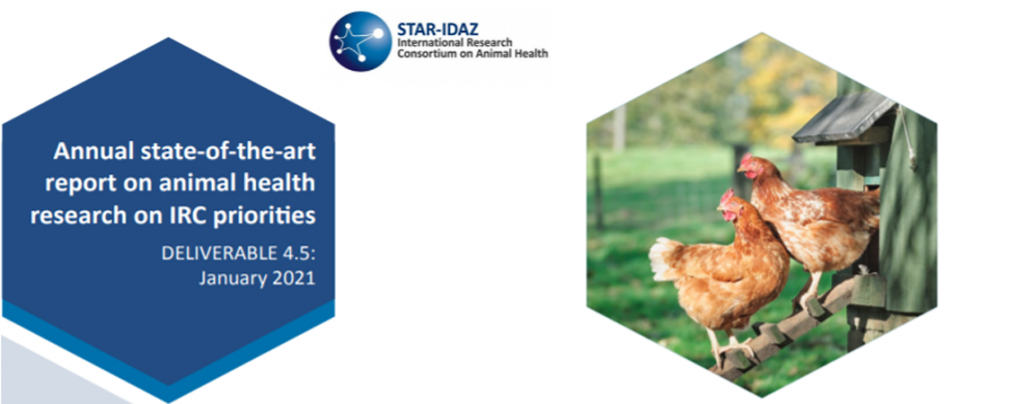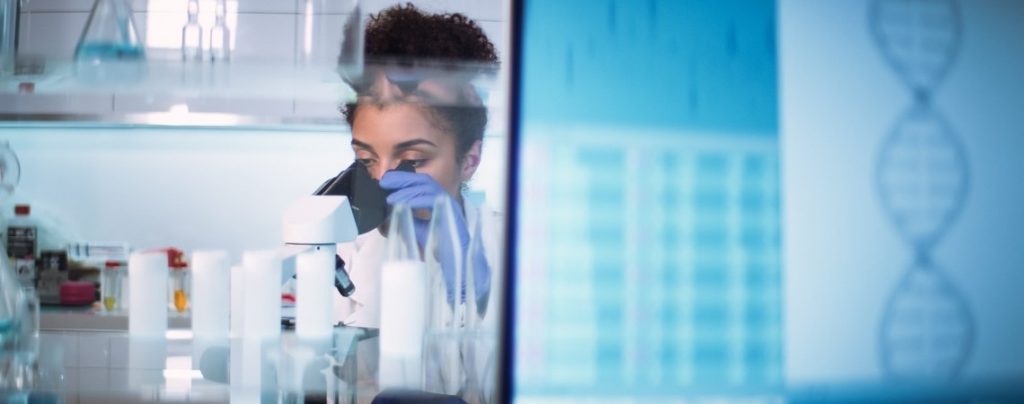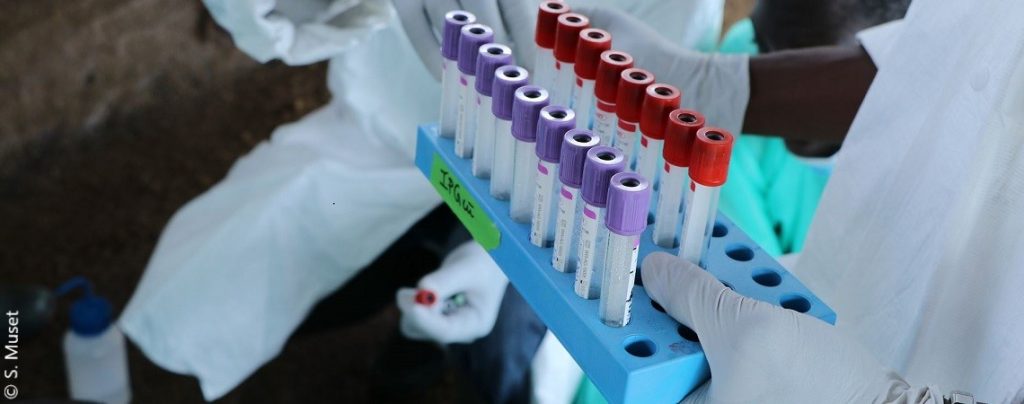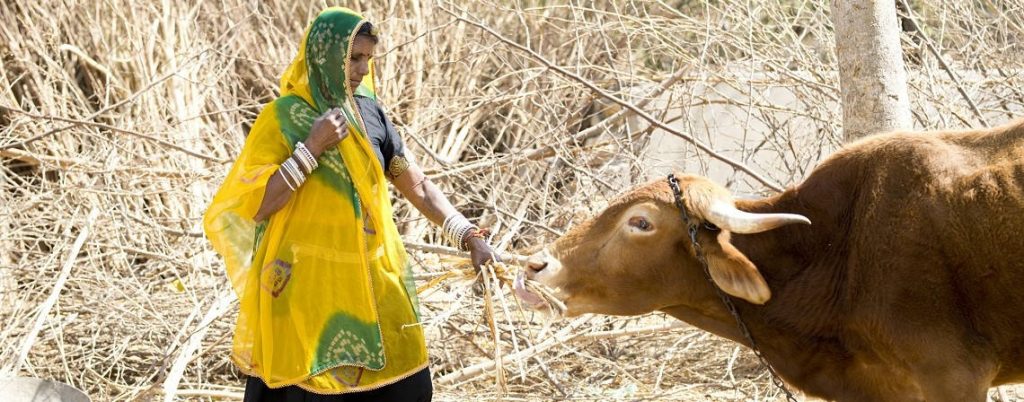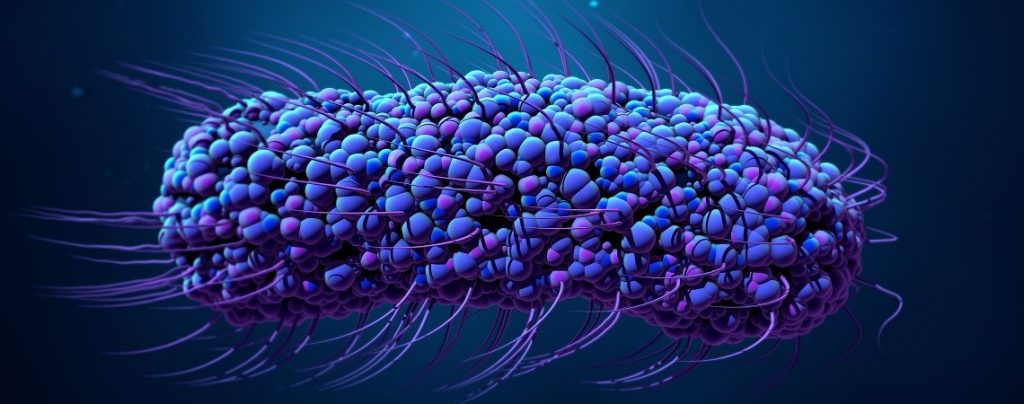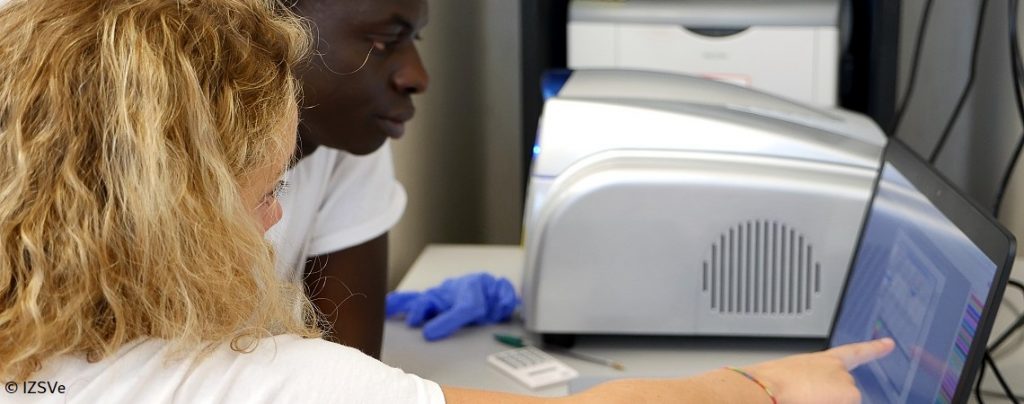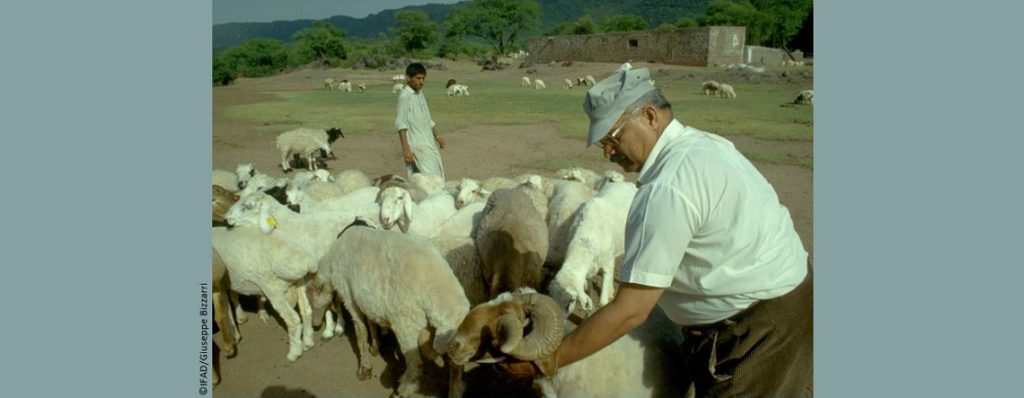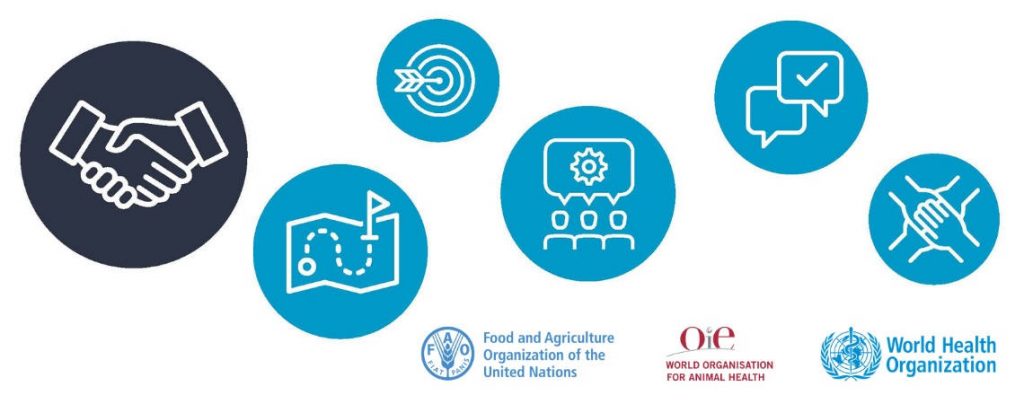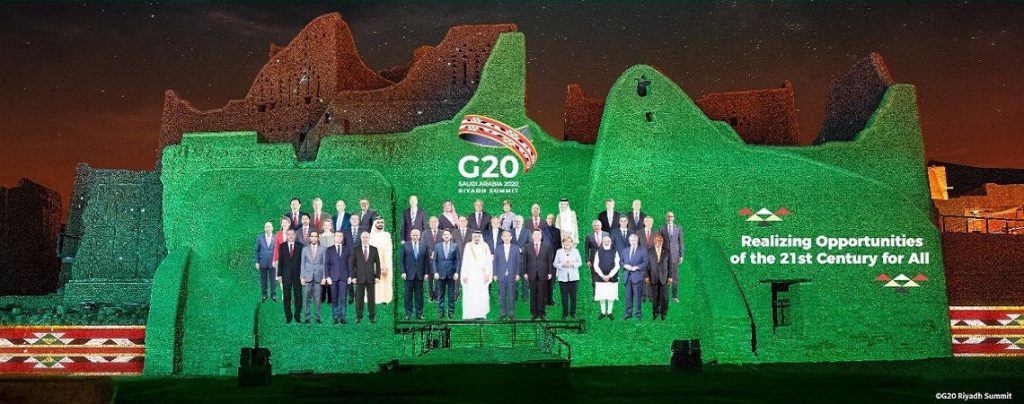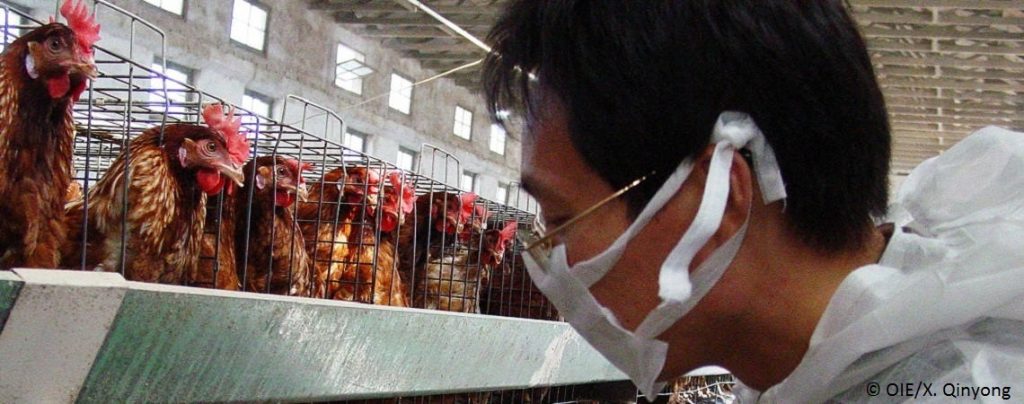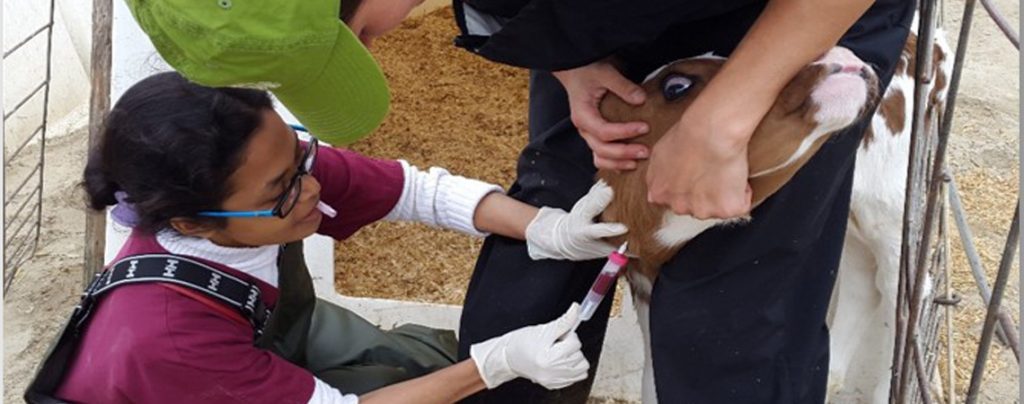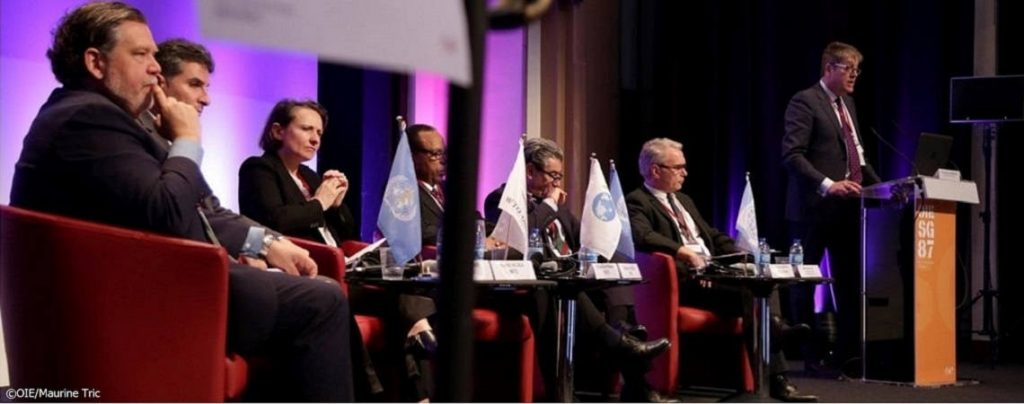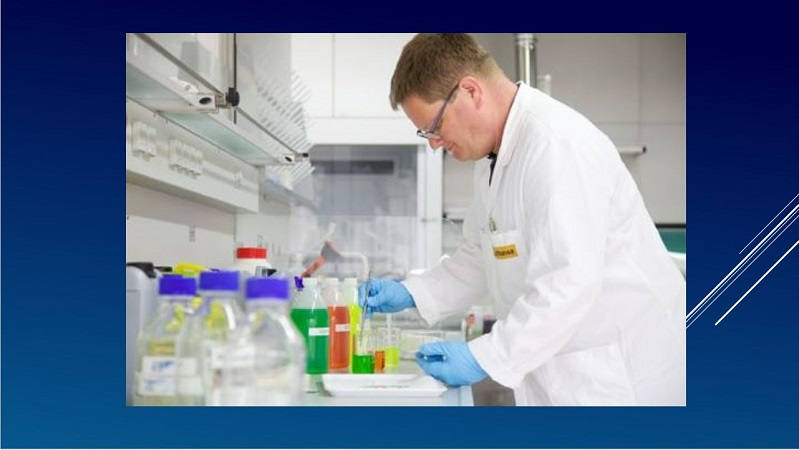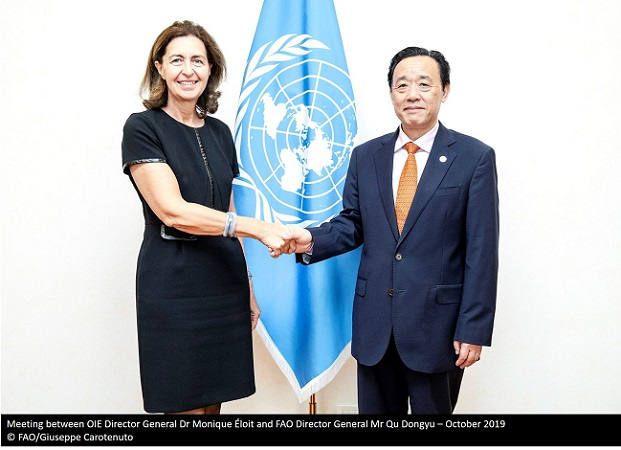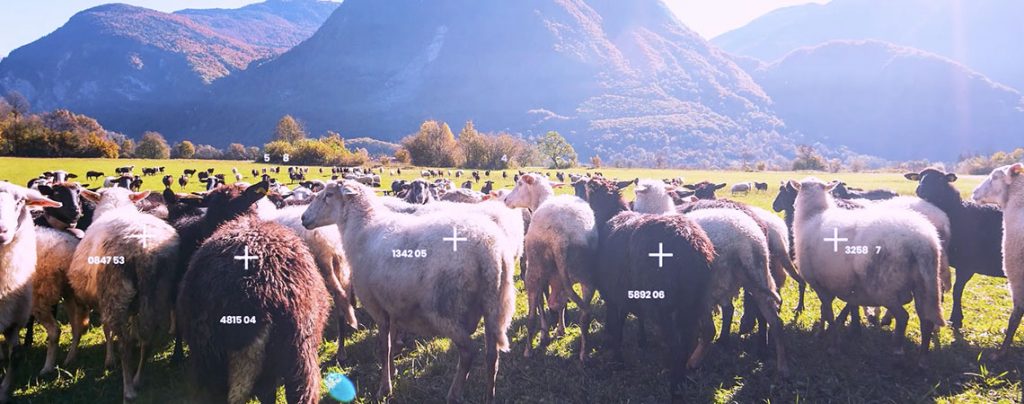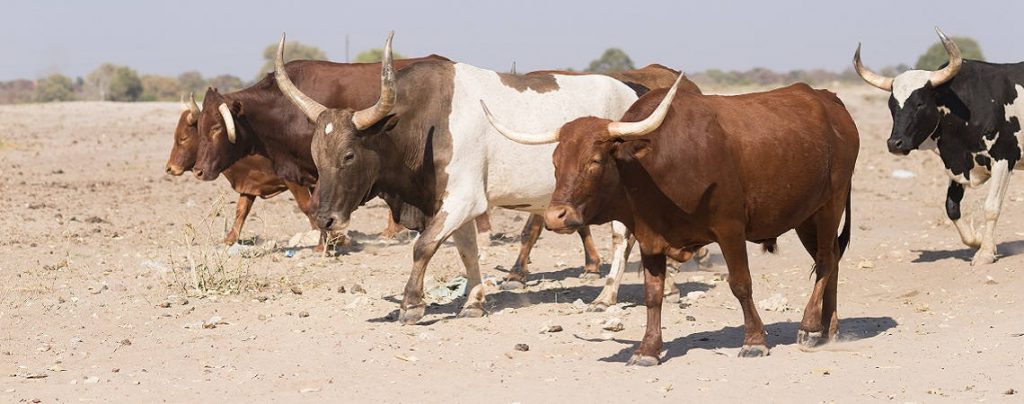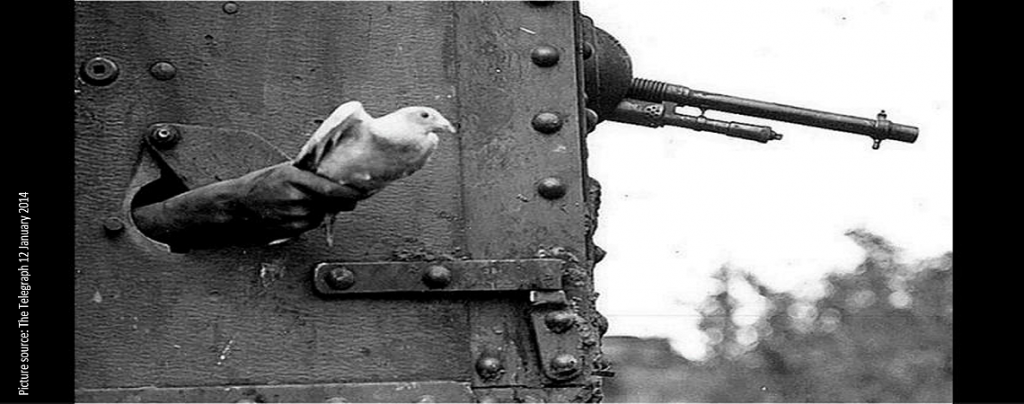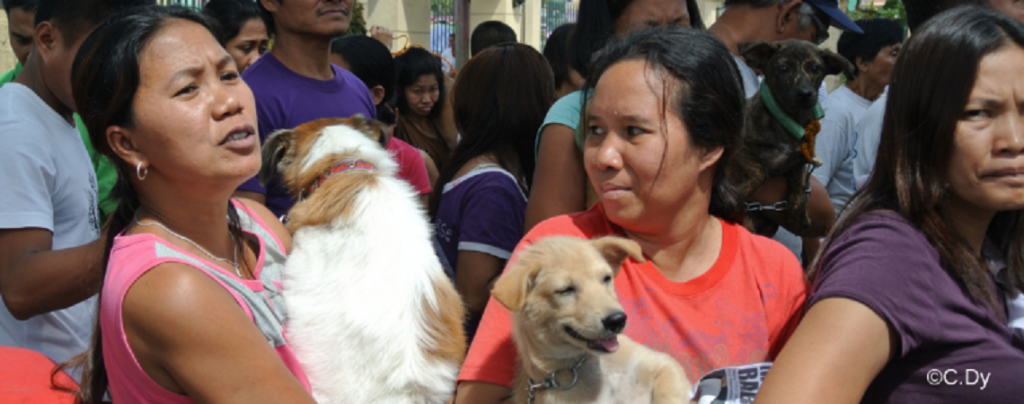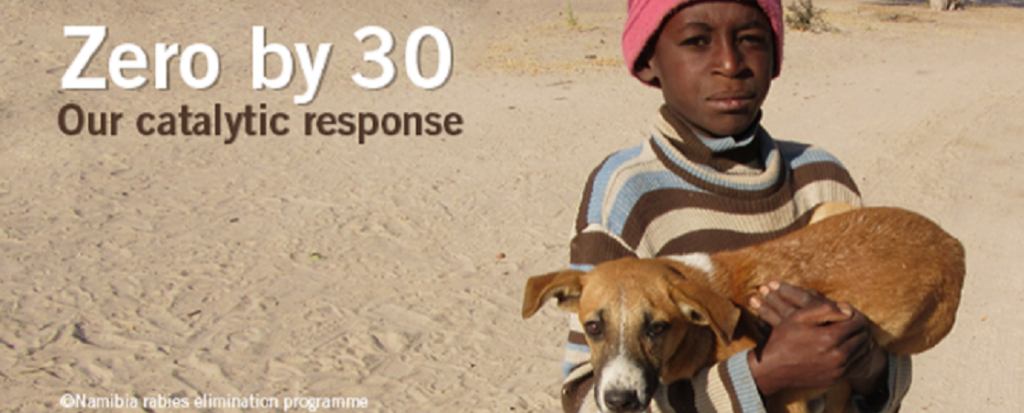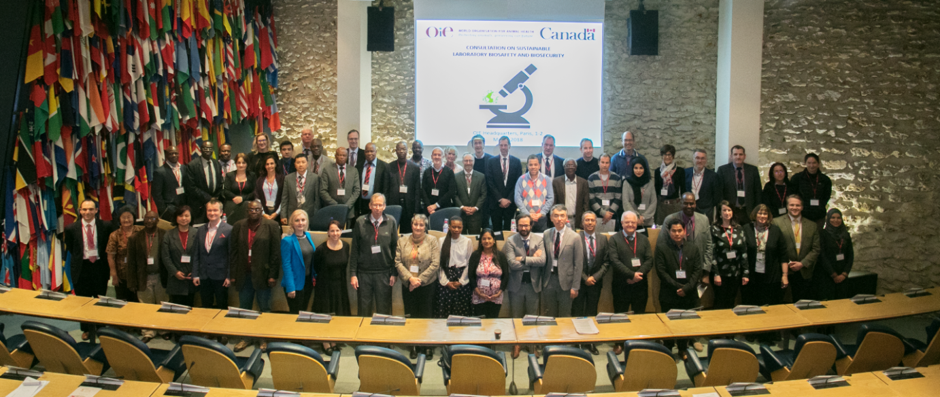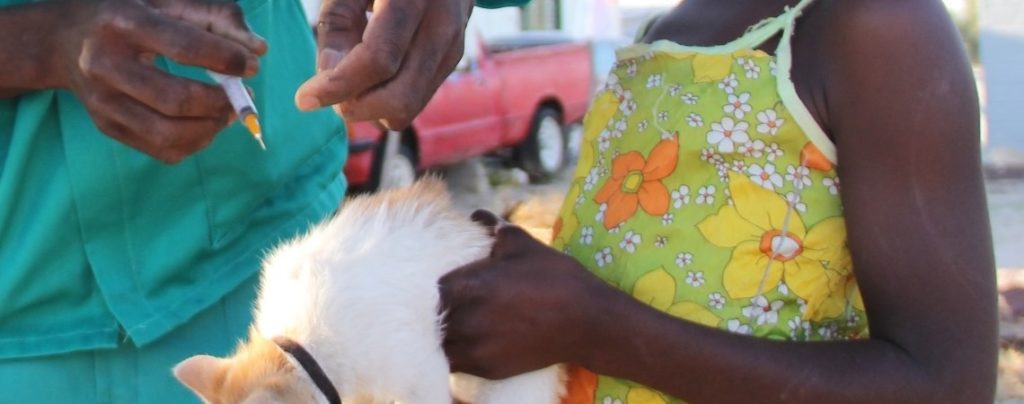CONTINUOUS INFORMATION Posted on 2021-09-30 07:40:15
Virtual interviews as an alternative to field missions? Lessons learnt from a pilot experience
Keywords
In accordance with the standard operating procedures (SOPs) governing the official recognition of Members’ animal health status,[1] the OIE can deploy an expert field mission to a Member as part of the evaluation of its dossier. Since these expert field missions could not take place recently due to the COVID-19 pandemic, it was decided that an alternative method of virtual interviews should be piloted for Members for which a field mission had been recommended prior to a decision being made on their application for official recognition of disease-free status. This article summarises the possibilities and limitations of virtual interviews as well as other points to be considered in future exercises.
Possibilities and limitations of virtual interviews
Virtual interviews were organised over a period of one week (3–4 hours per day), in which each day was dedicated to a specific topic. All meetings were attended by representatives of national Veterinary Services as well as first-line stakeholders (e.g., farmers, producers). Their testimonies provided important insights into the Member’s animal movement system and livestock management practices. Under this setting, awareness-raising activities, surveillance and diagnostic capacity, and the veterinary supervision and traceability system for controlling animal movements within the country were adequately evaluated. To facilitate the assessment of these areas, supporting documentation was shared electronically in advance of the virtual interview. This documentation included reports on laboratory testing and epidemiological investigations, the training and advocacy material used, awareness-raising workshops, and records of animal movements from different administrative regions, etc. This information was then discussed further during the interviews with the relevant stakeholders to gain greater clarity and understanding of the effectiveness of the systems in place. Moreover, as records are kept and maintained electronically, real-time demonstration of these systems could be performed during the virtual interviews.
However, some areas such as biosecurity measures in animal-holding facilities, systems for preventing the introduction of the disease, and animal identification, were more challenging or difficult to assess via virtual interviews. Visual verification is necessary to effectively assess these areas, particularly since the descriptions provided in the application documents will usually convey the impression of having effective systems in place.
Important contributing factors in successfully achieving the objectives of the virtual interviews
The virtual interviews were designed to meet the same objectives as a field mission and, despite the challenges, they succeeded in doing this. Key to this success was the commitment and cooperation of the Veterinary Services and stakeholders and the continuous discussions that took place within the evaluation team. The team had adequate access to necessary information and documented evidence related to the points/areas for evaluation, and they had open discussions with the country concerned and its stakeholders. This enabled the team to carry out an informative assessment and reach a conclusion. Other logistical factors helped to facilitate the process:
- organising the programme so each day was dedicated to a specific area of evaluation and ensuring all relevant stakeholders were present optimised time management;
- using experts experienced in field missions related to OIE’s official animal health status recognition facilitated an understanding of the expected outcome from the virtual interviews as being equivalent to what would be achieved by a field mission;
- having simultaneous interpretation from English facilitated communication in the virtual setting, allowing easier participation and saving time.
Conclusions and next steps
Based on the findings of this pilot exercise, it would appear that, in some cases, virtual interviews are a feasible and beneficial option. In addition, considering that the expenses of status missions are to be defrayed by Members and that the costs of virtual interviews are relatively low (interpreters, experts’ per diems), when such interviews are recommended by the Scientific Commission, it is likely that they will be amenable to Members.
On the other hand, as highlighted above, some important areas are difficult to assess virtually; virtual interviews do not provide the insights that can be gained through on-site observations or through direct interaction with stakeholders, either officially during face-to-face meetings or unofficially at other times during a field mission (e.g. discussions at social events or in the car, unplanned Q&A with workers at a site, spontaneous opportunities to visit farms or establishments that were not originally included in the schedule).
In light of the potential use of virtual interviews as an alternative to field missions, the OIE decided to include them in the SOPs for the official recognition or maintenance of an animal health status or OIE-endorsed official control programme to be considered as an alternative or adjunct to field missions. This alternative option will be considered by the ad hoc Groups on status evaluation and the Scientific Commission on a case-by-case basis, depending on the terms of reference and specific objectives of each mission and on whether or not there are circumstances that may hinder deployment of a field mission (e.g., budget constraints, sanitary crisis, national insecurity, civil unrest). However, if a conclusion cannot be reached after conducting virtual interviews, the option remains to deploy a field mission.
OIE News – September 2021
[1] In May 1994, the World Assembly of Delegates of the OIE requested the Foot and Mouth Disease and Other Epizootics Commission (later renamed the Scientific Commission for Animal Diseases) to develop a procedure for the official recognition by the OIE of the foot and mouth disease (FMD) status of Members. The procedure has since been expanded to include the official recognition of animal health status for African horse sickness (AHS), classical swine fever (CSF), contagious bovine pleuropneumonia (CBPP), peste des petits ruminants (PPR) and bovine spongiform encephalopathy (BSE). The procedure has also been extended to cover the endorsement of official control programmes for CBPP, FMD, PPR and dog-mediated rabies. This official recognition/endorsement of OIE Members’ animal disease status/control programmes has a significant effect on international trade and constitutes one of the most important legal links between the OIE and the WTO, as reflected in the framework of the SPS Agreement.




